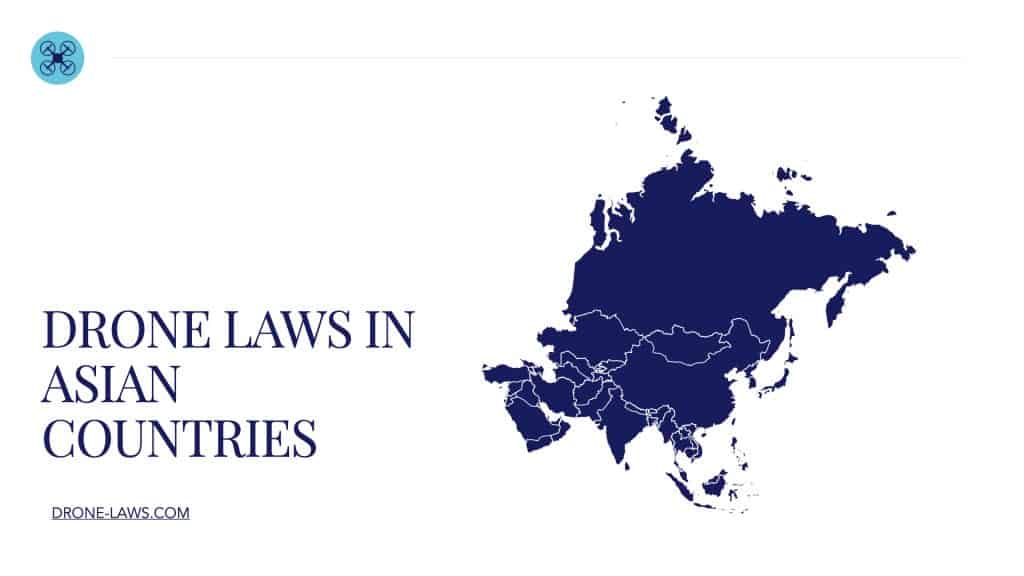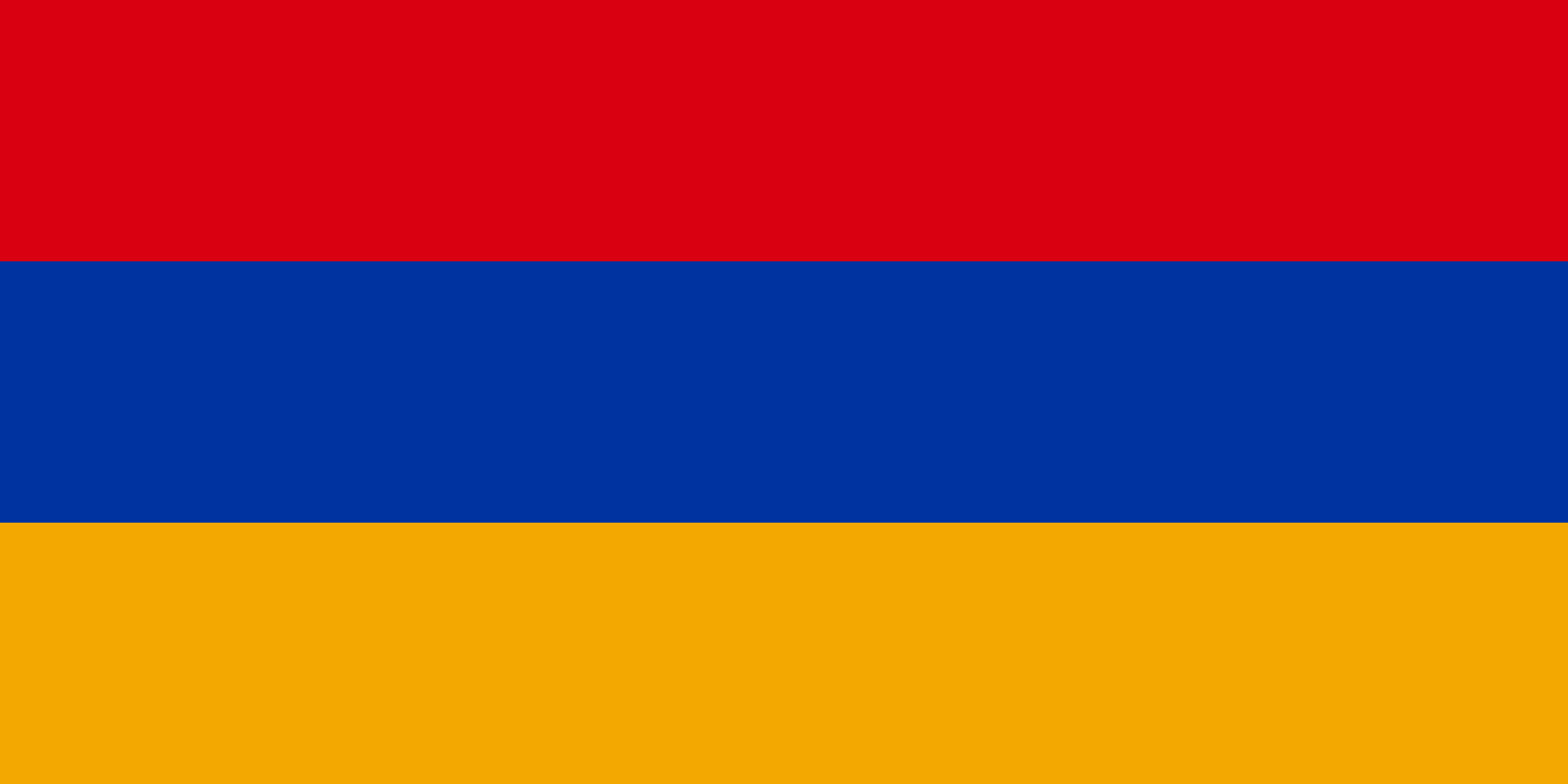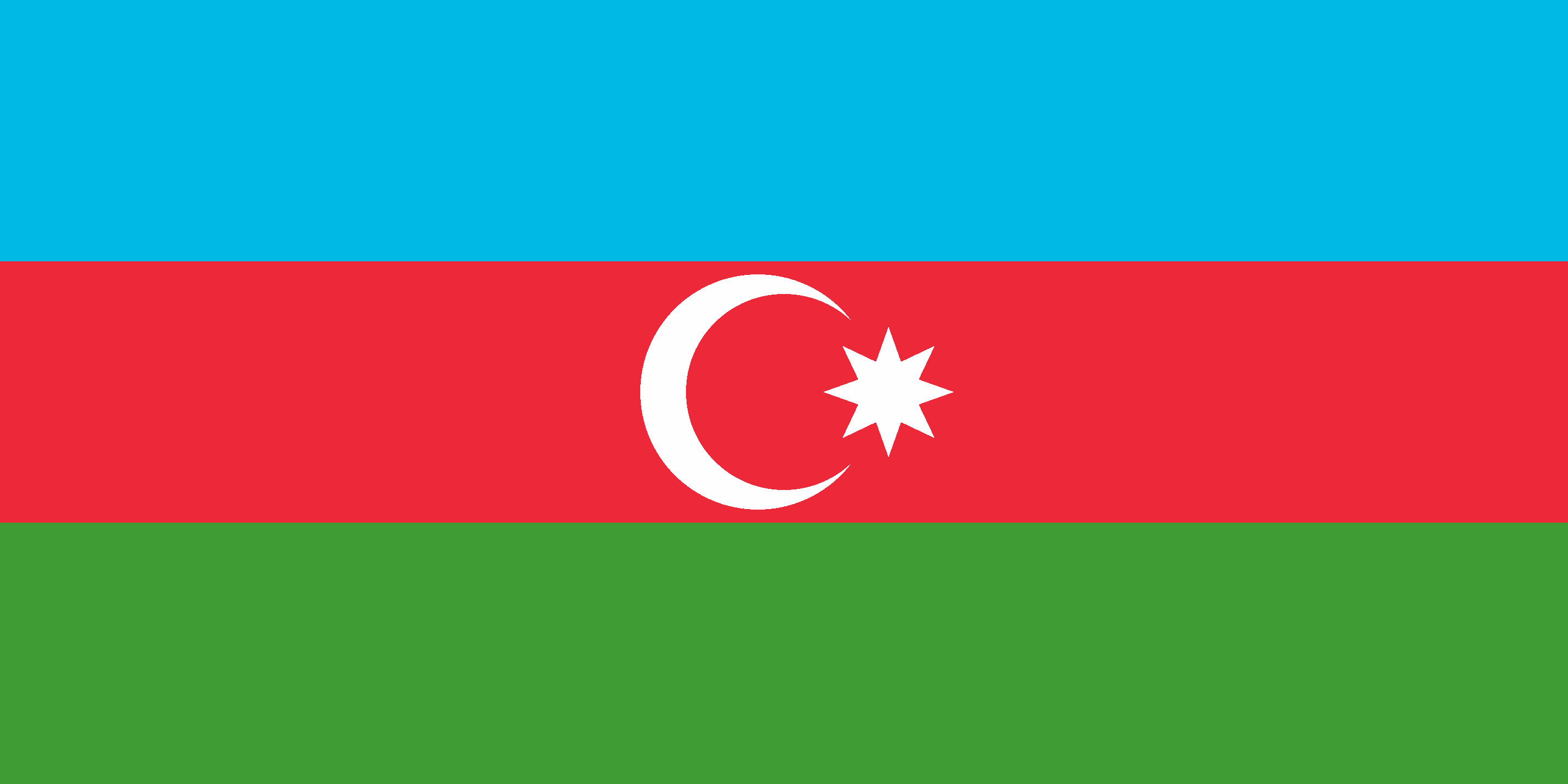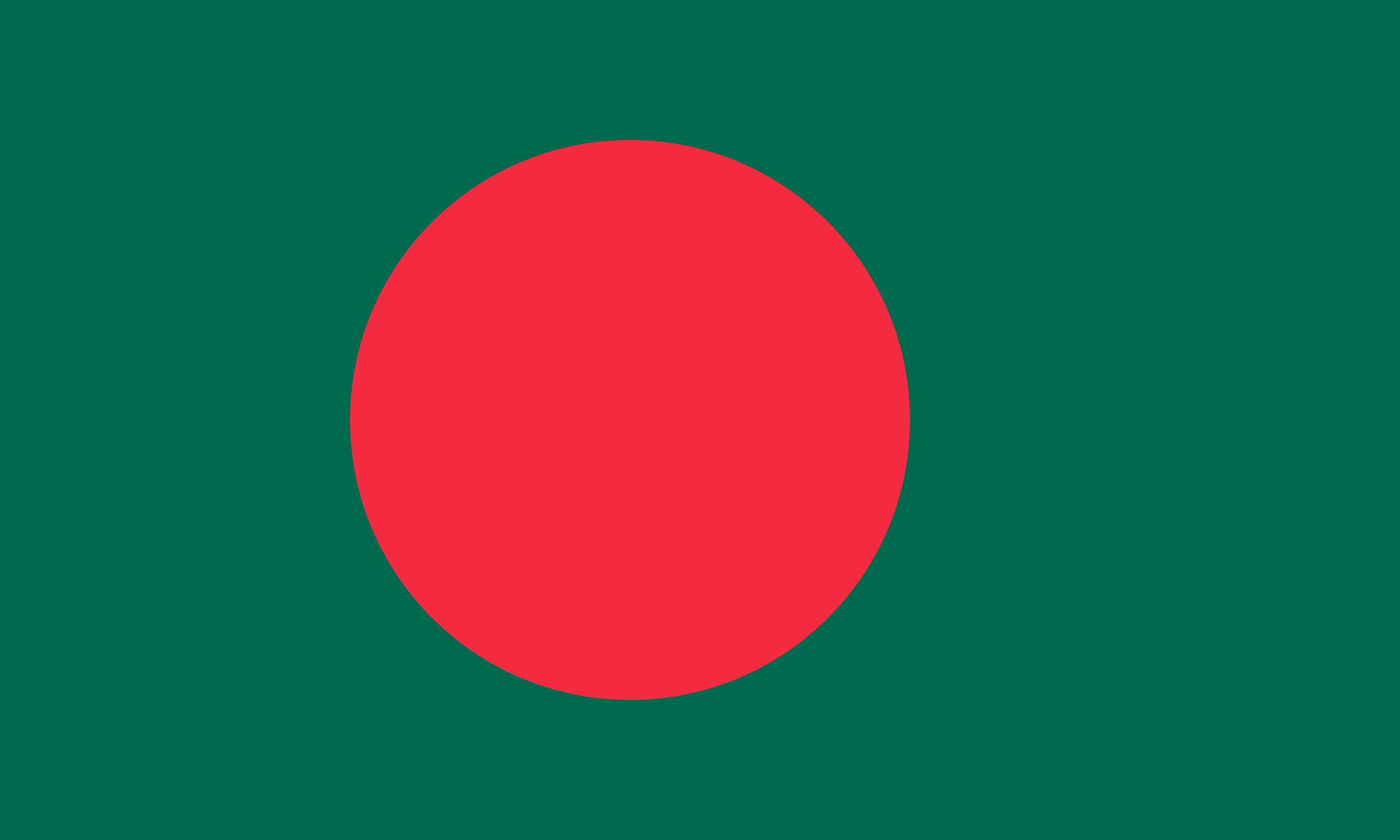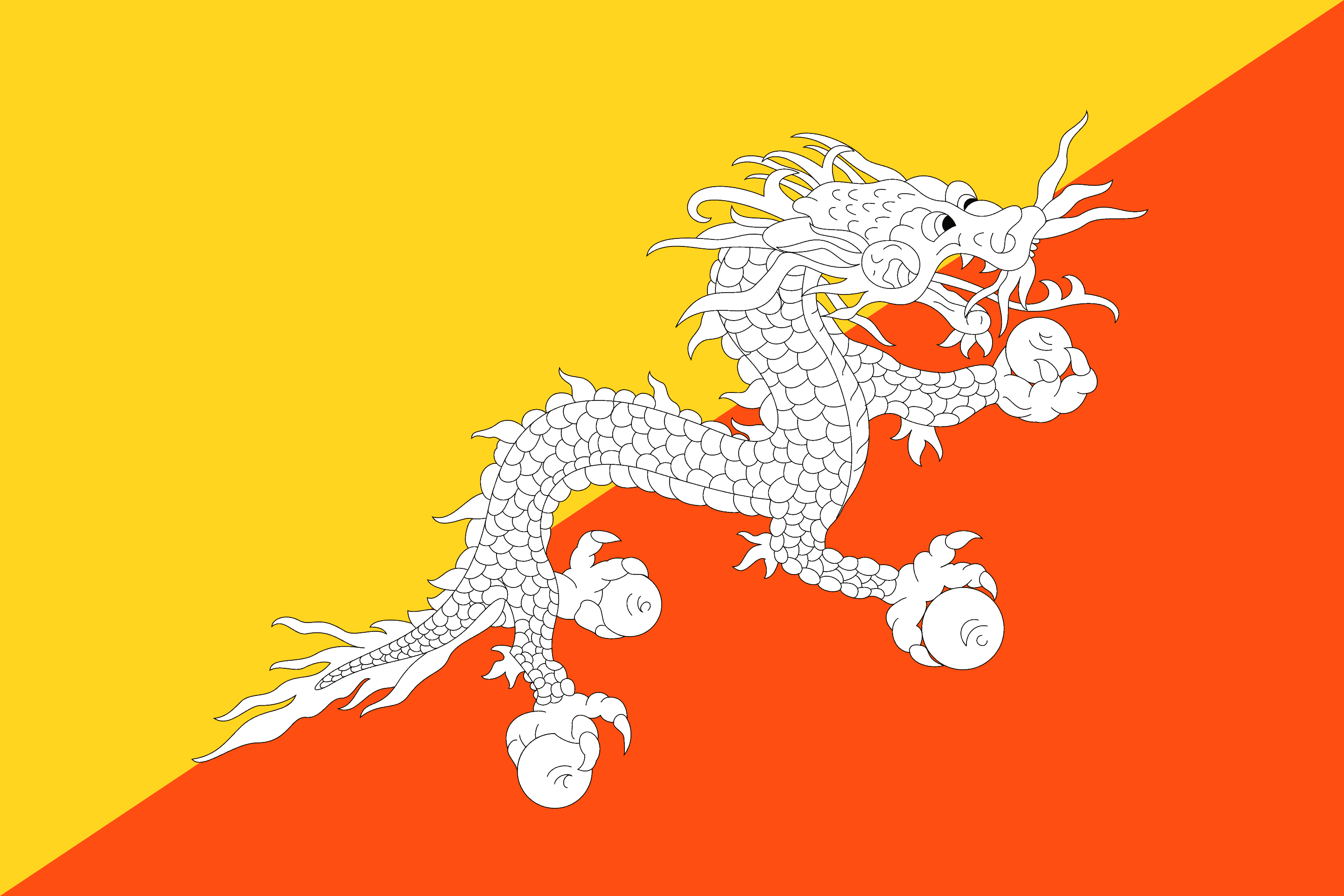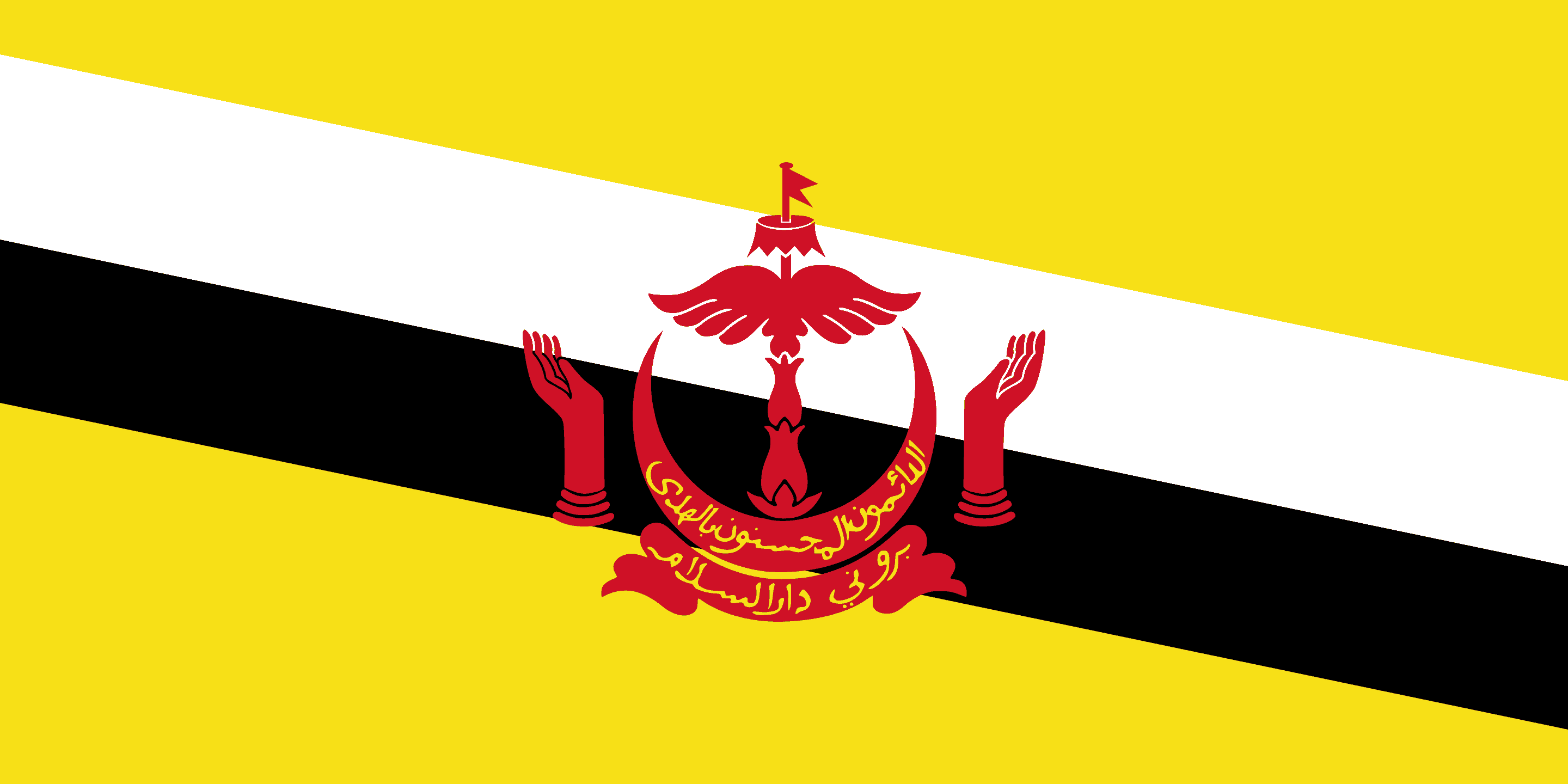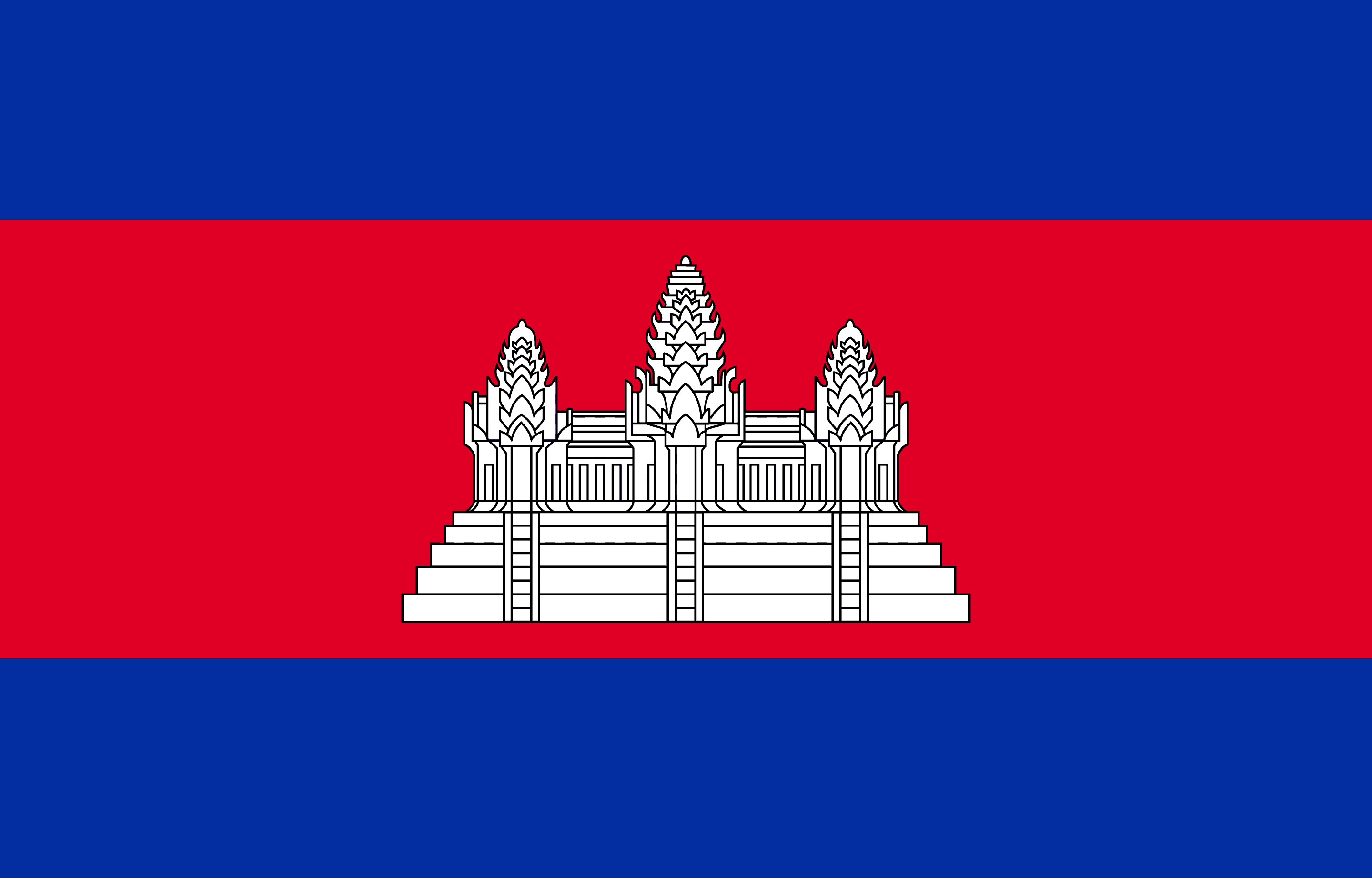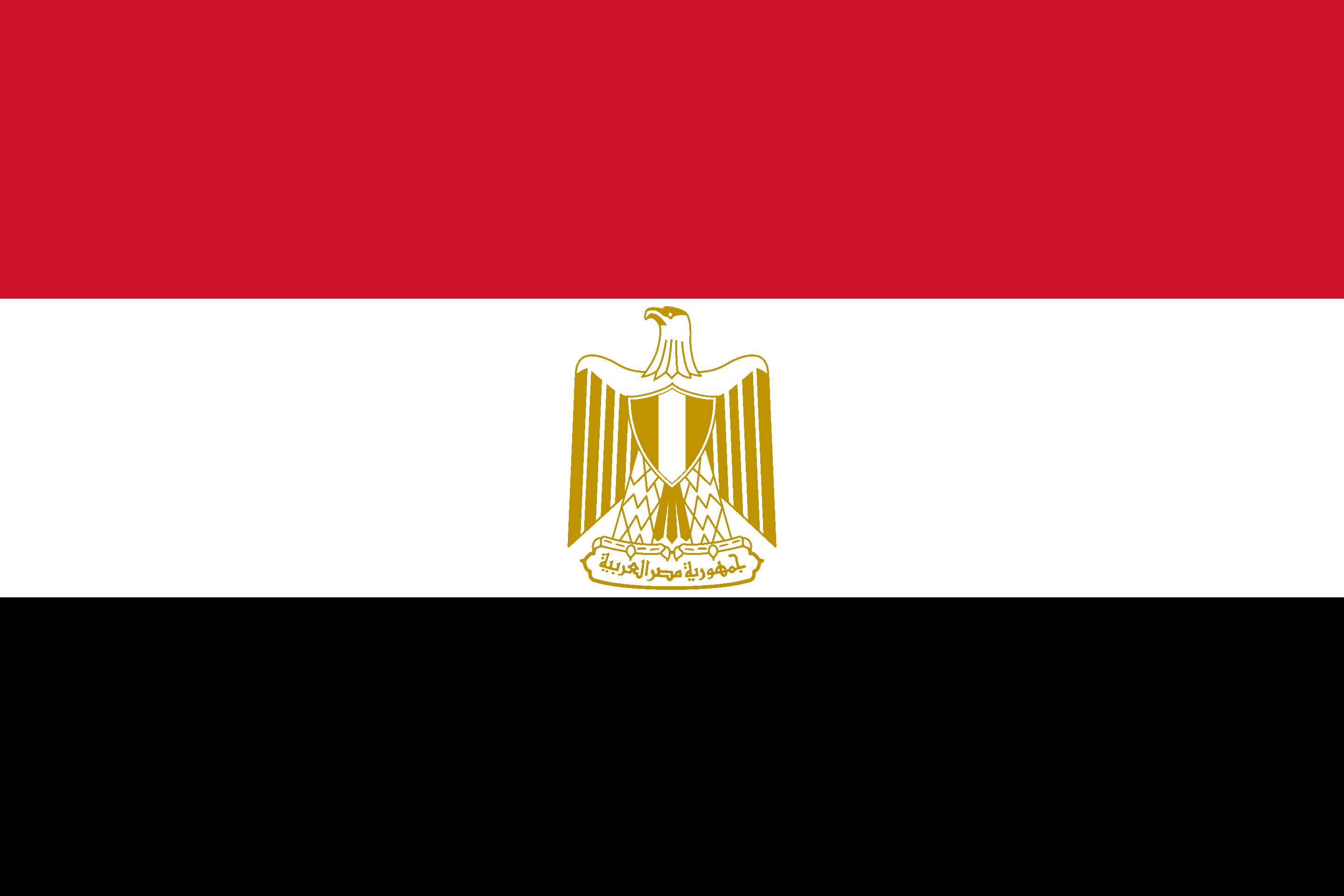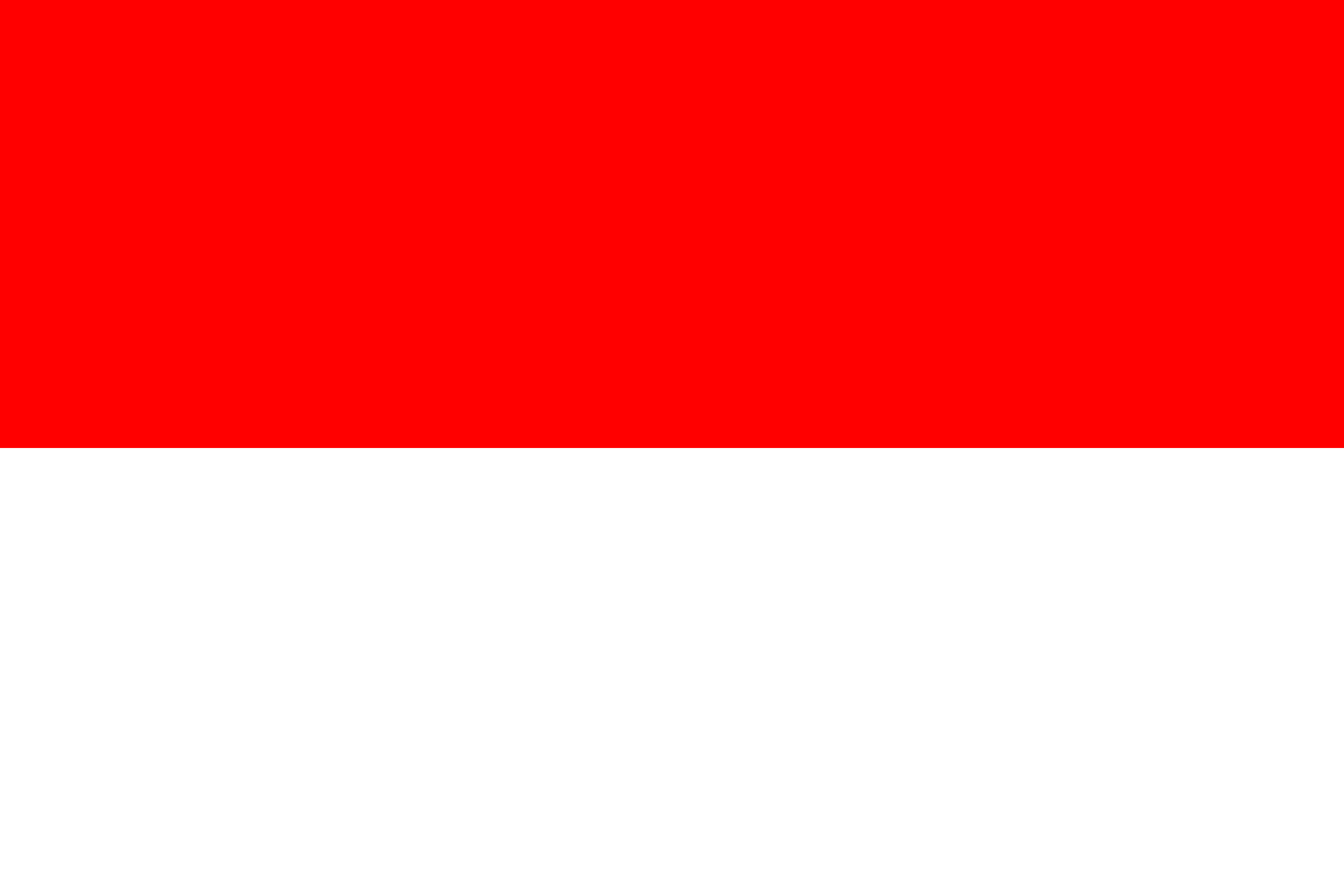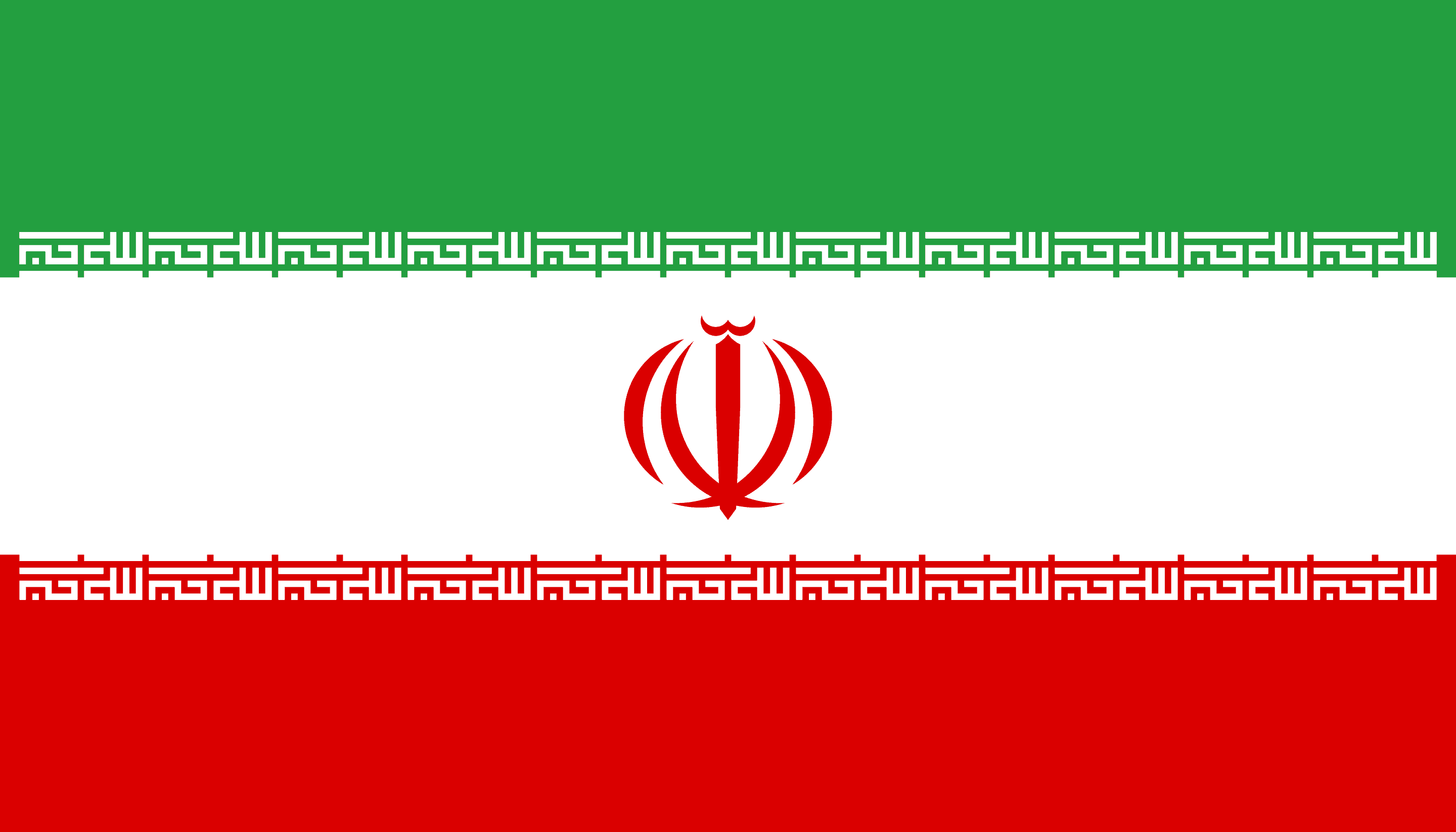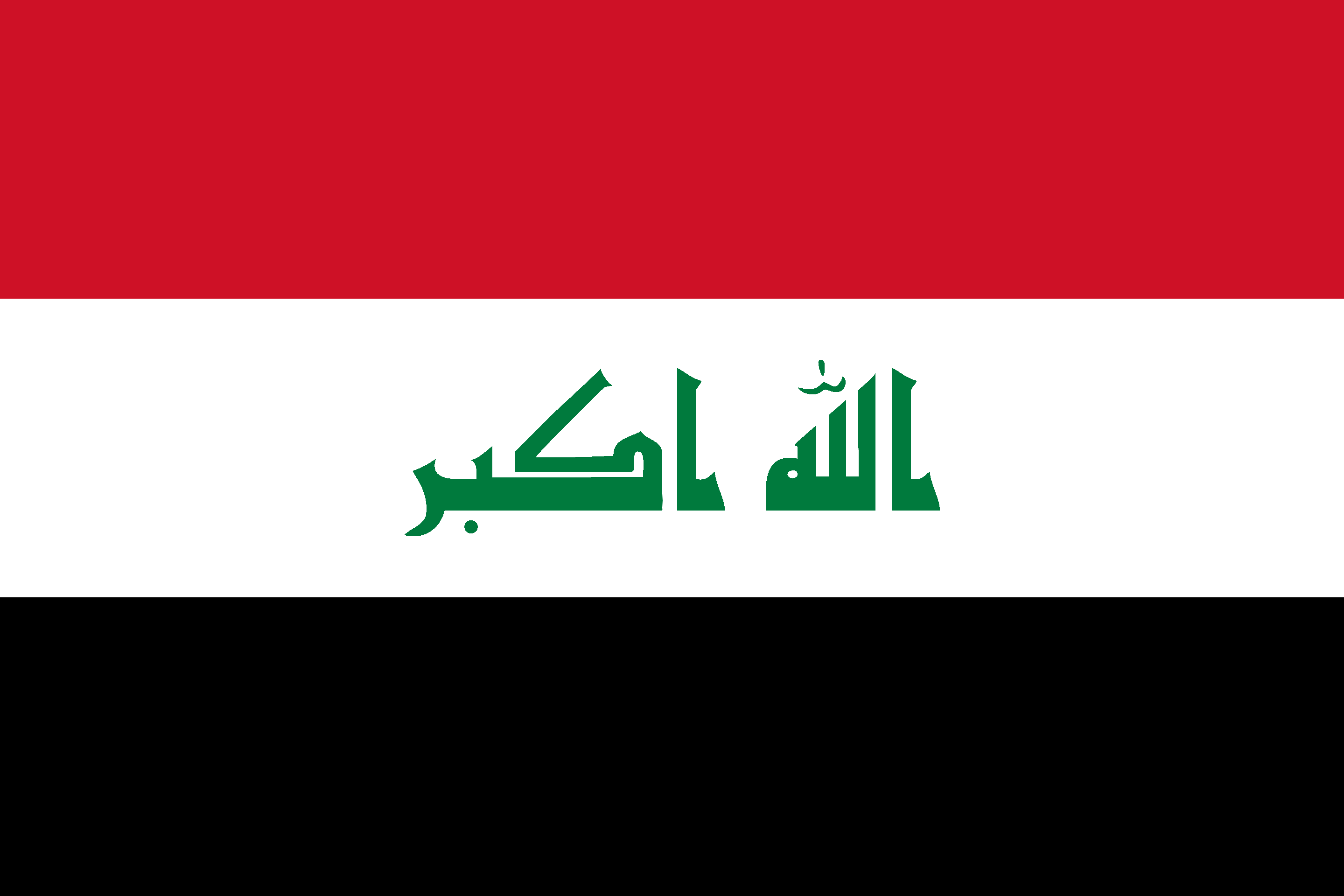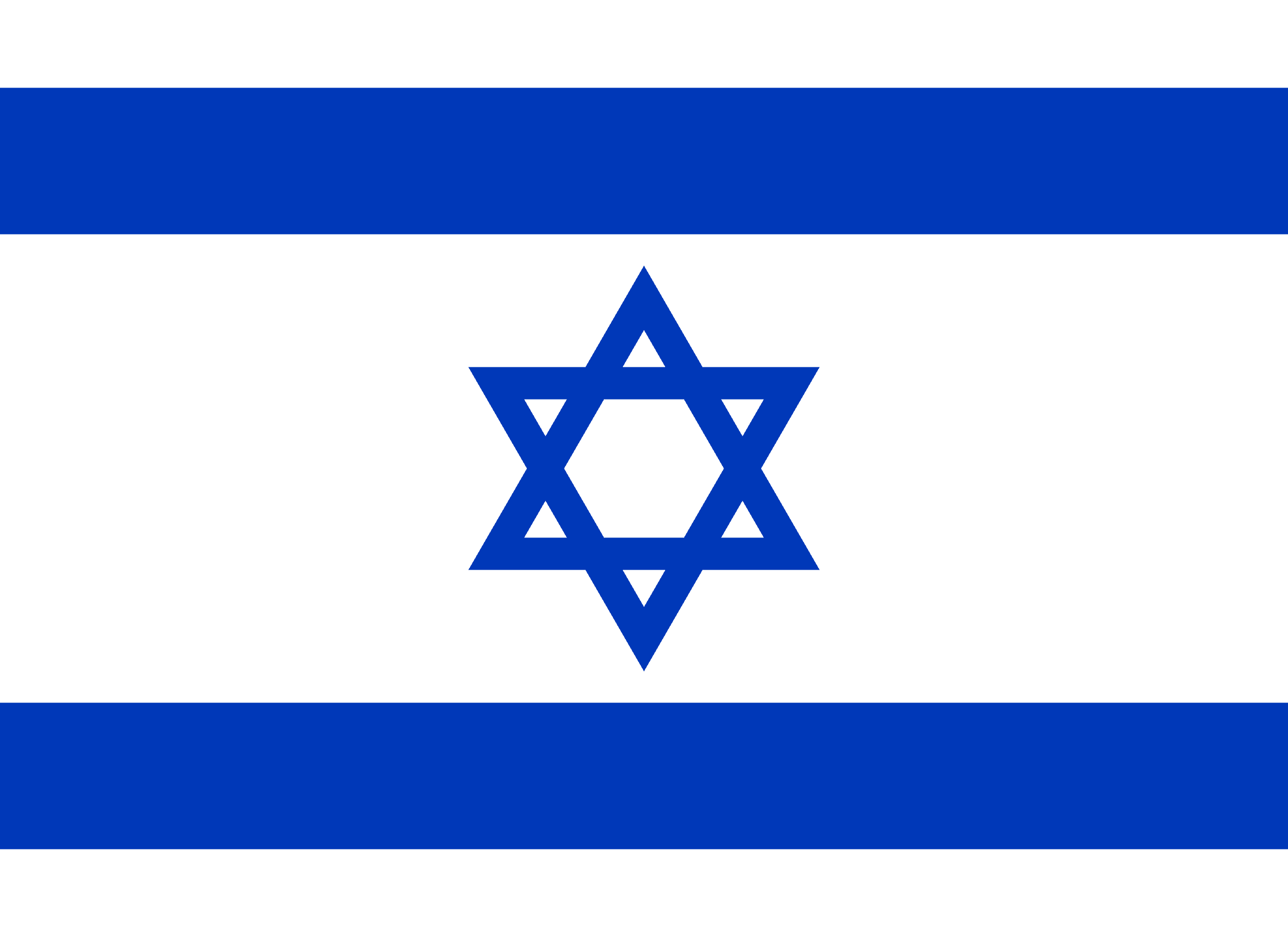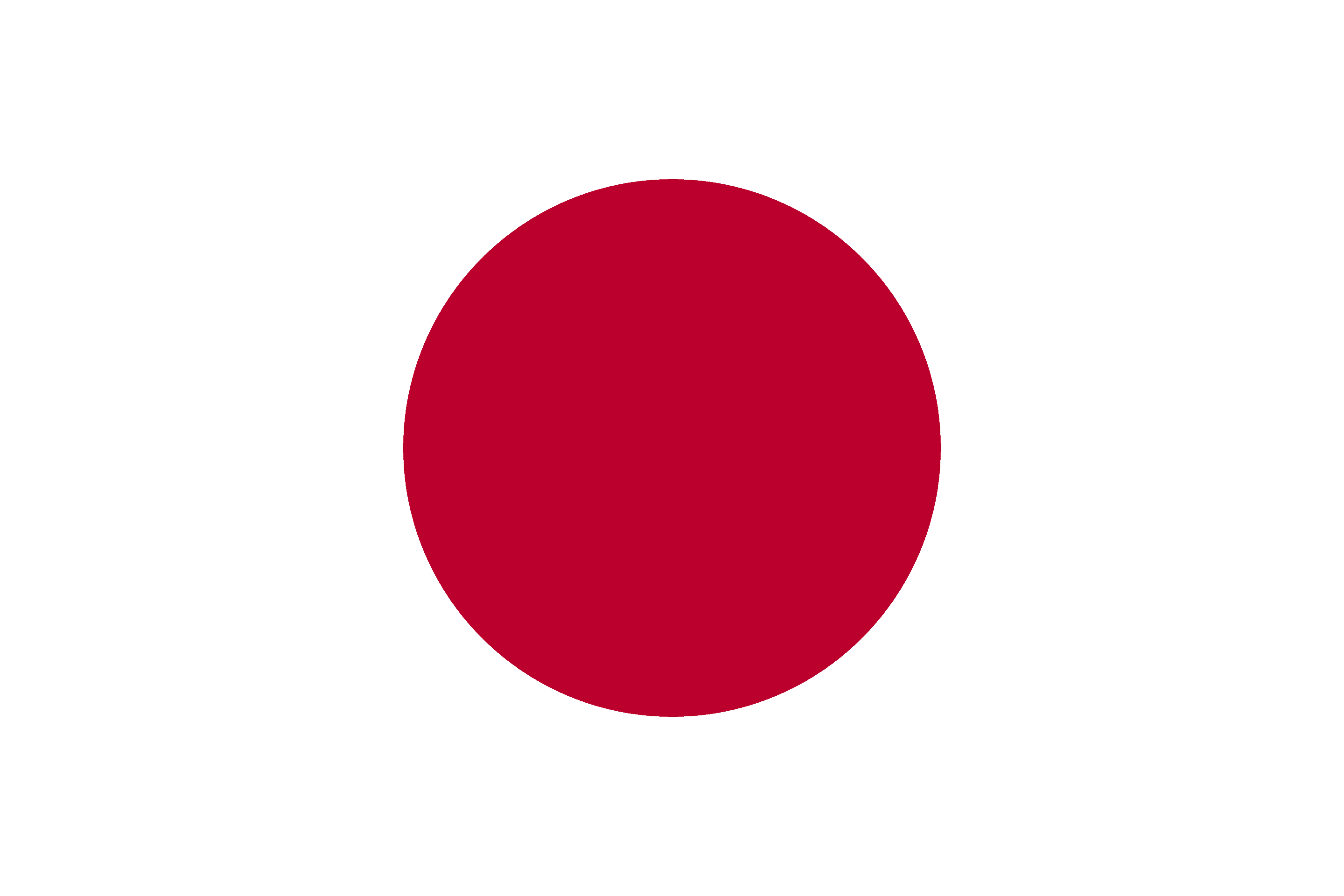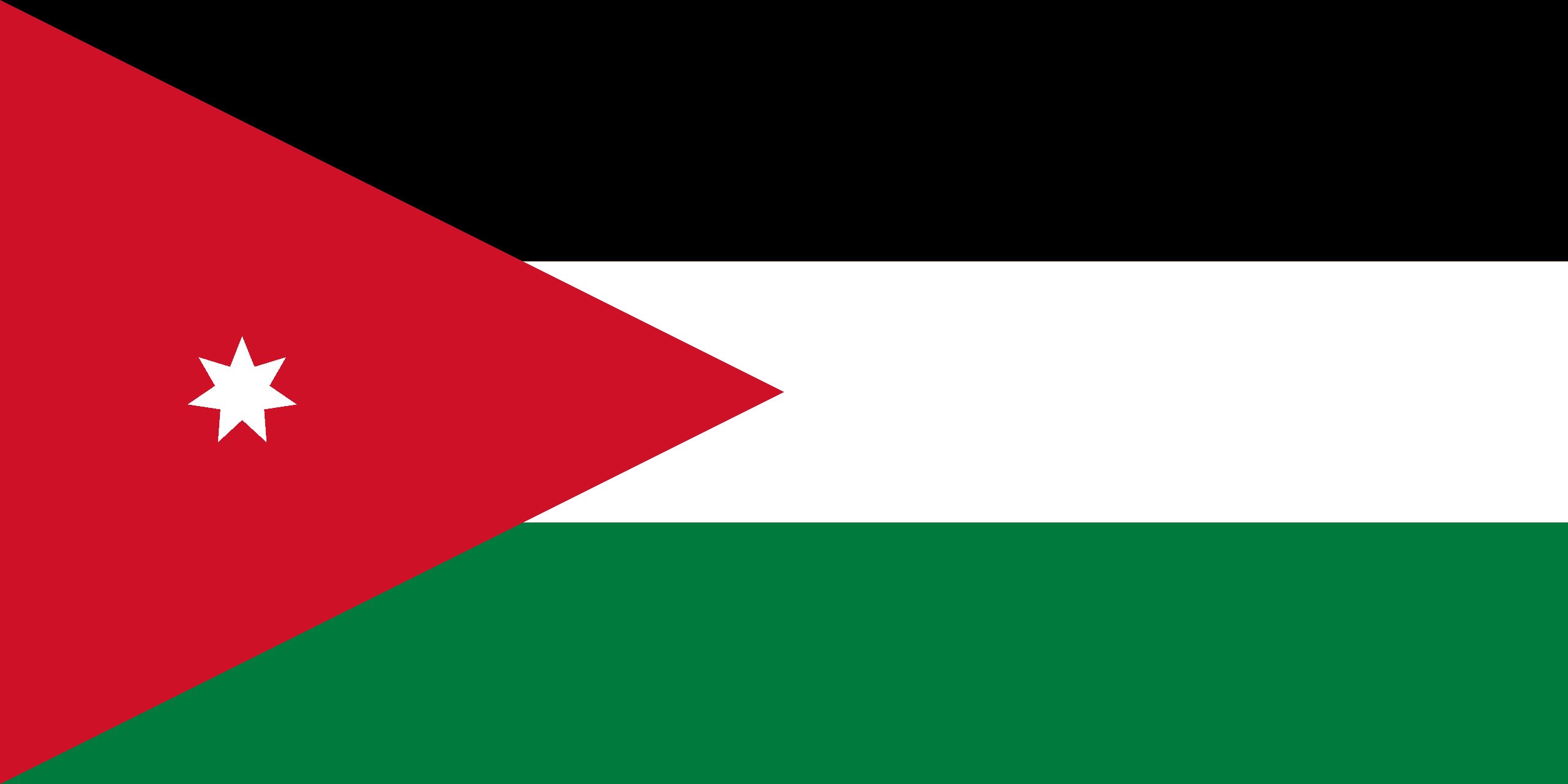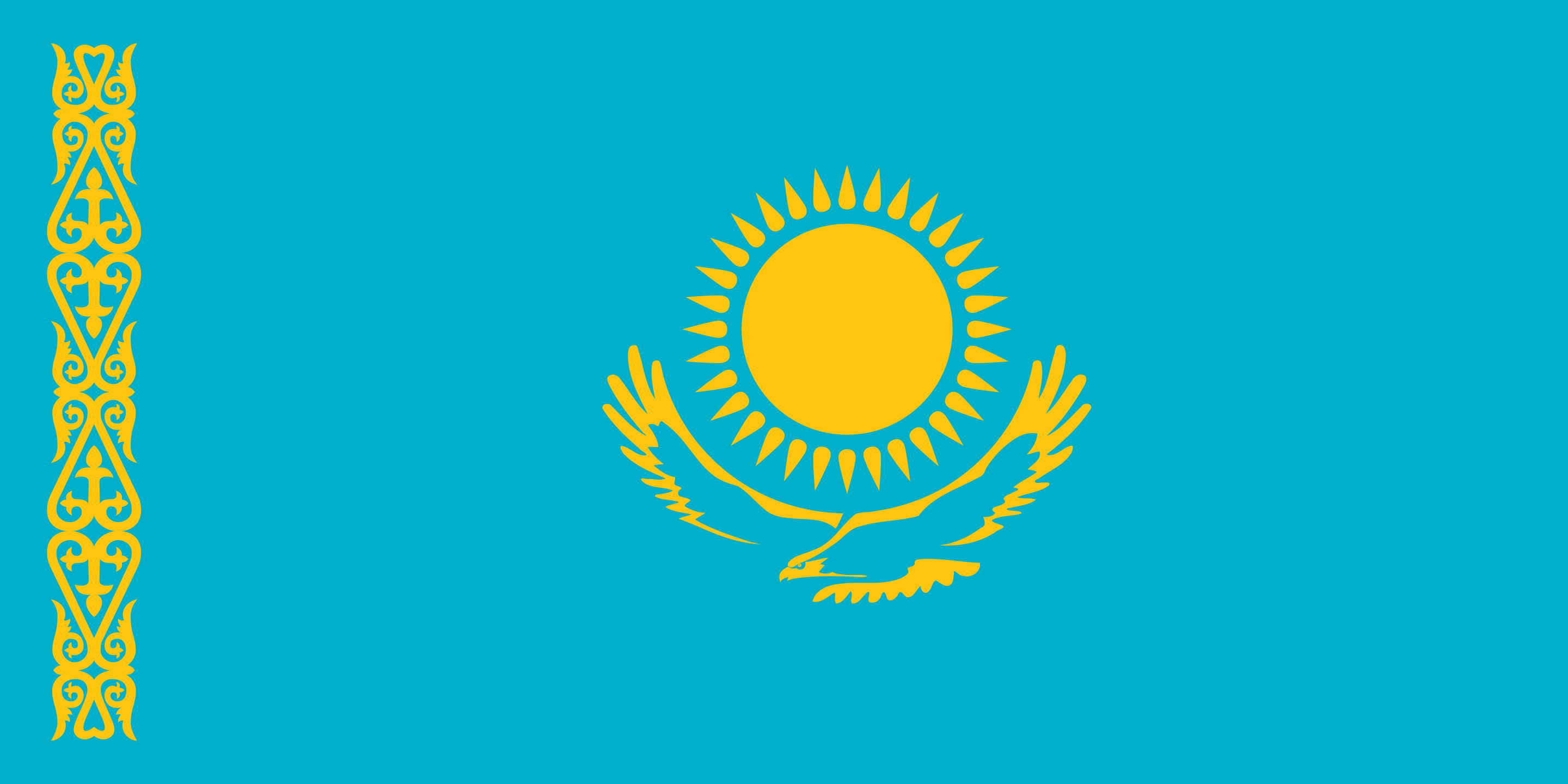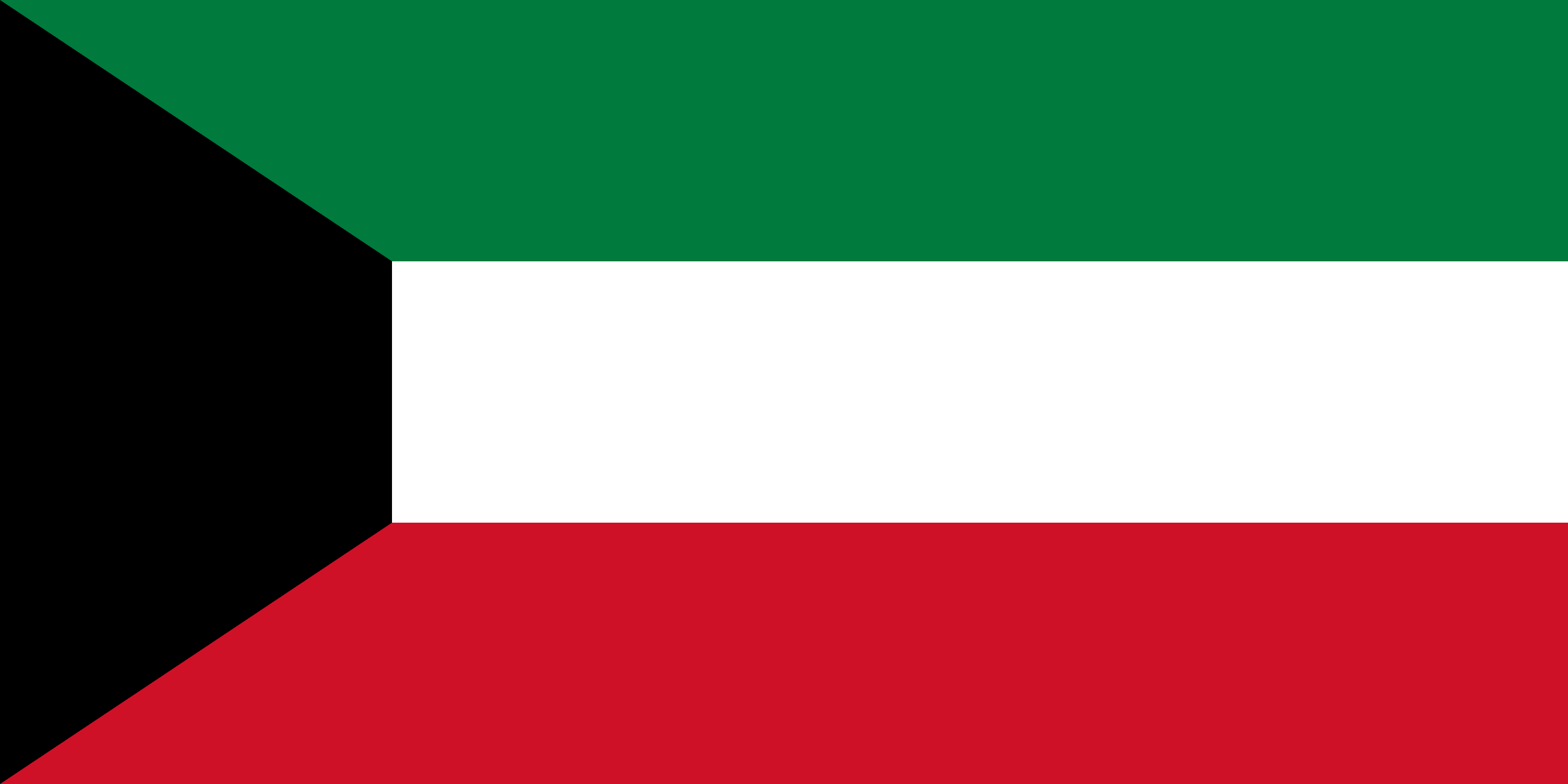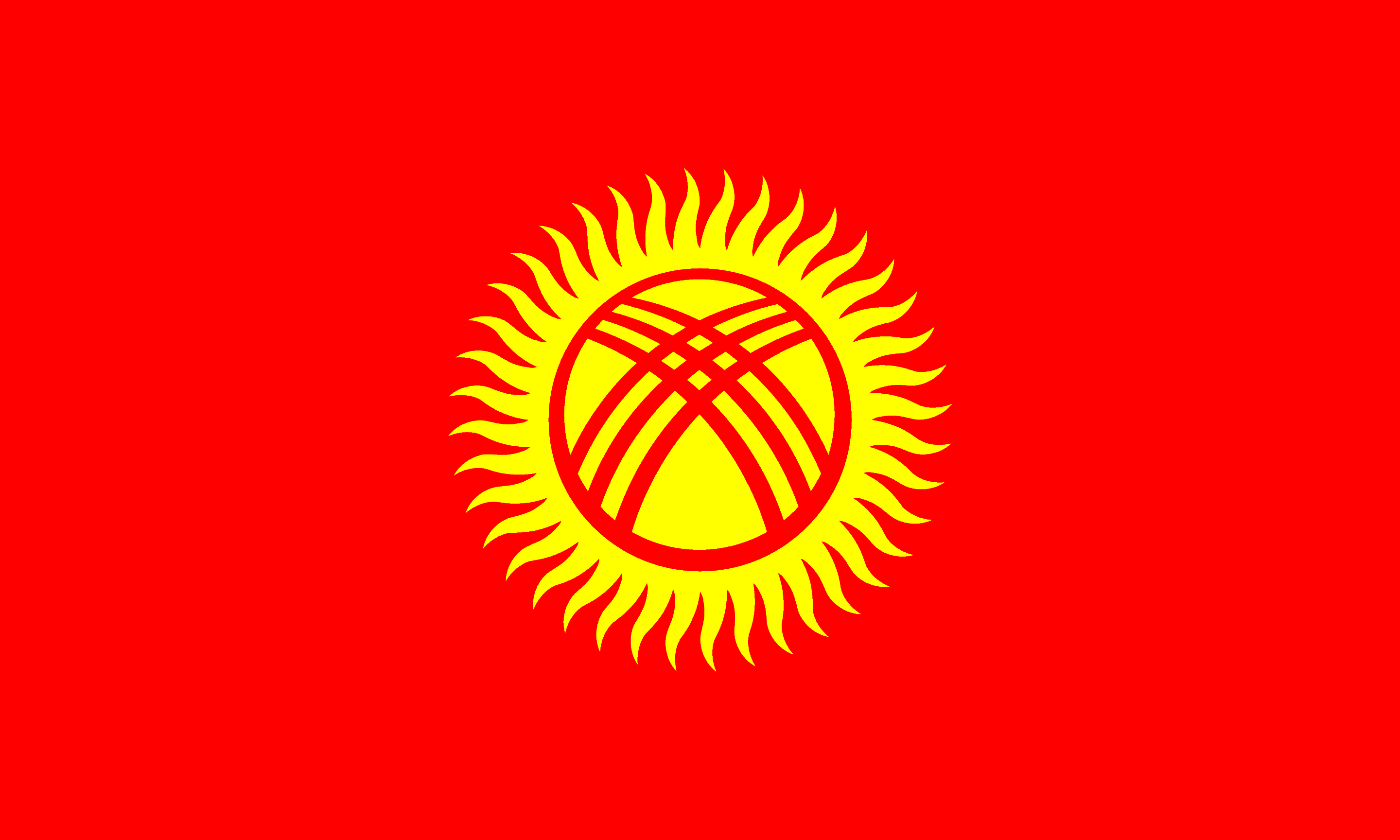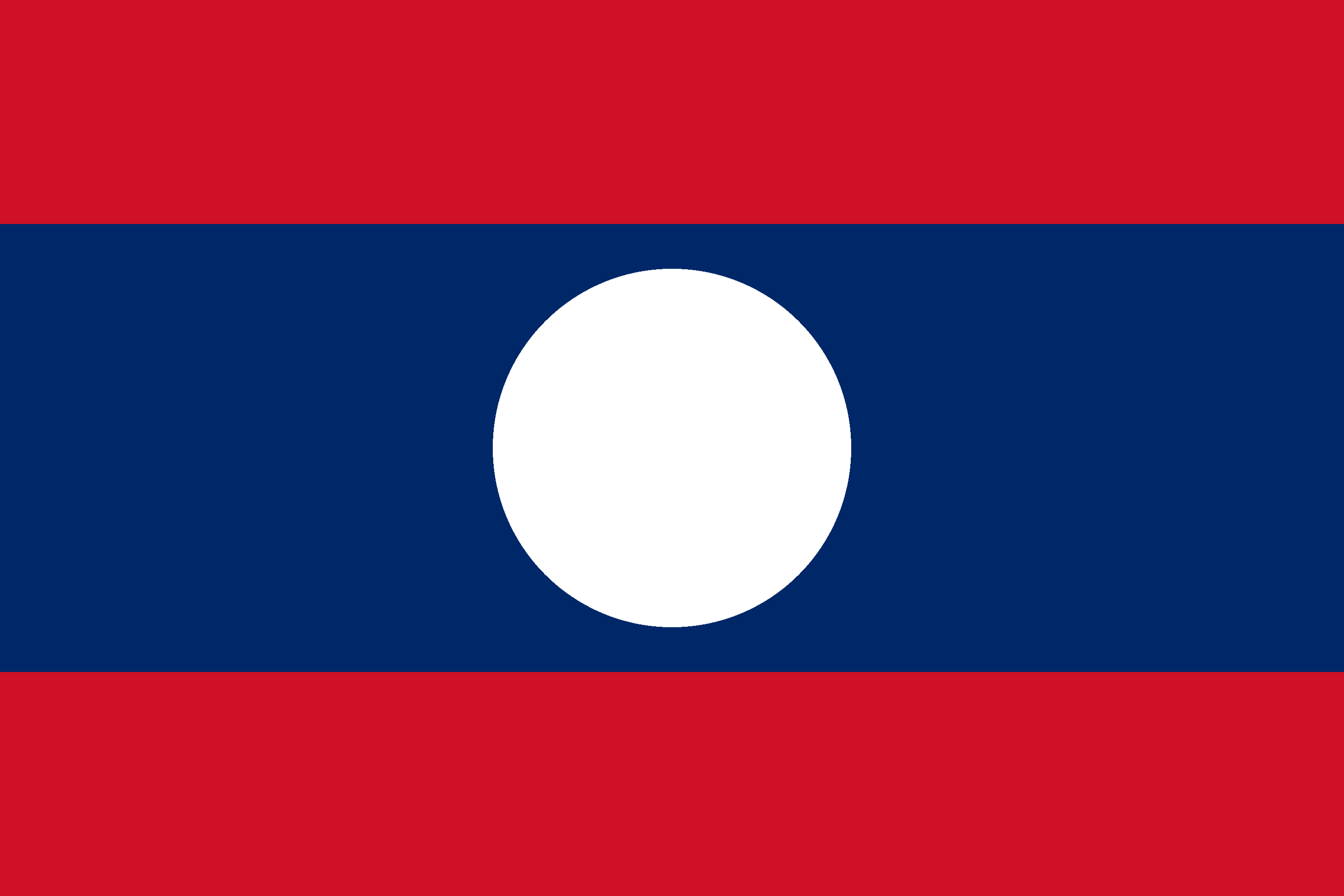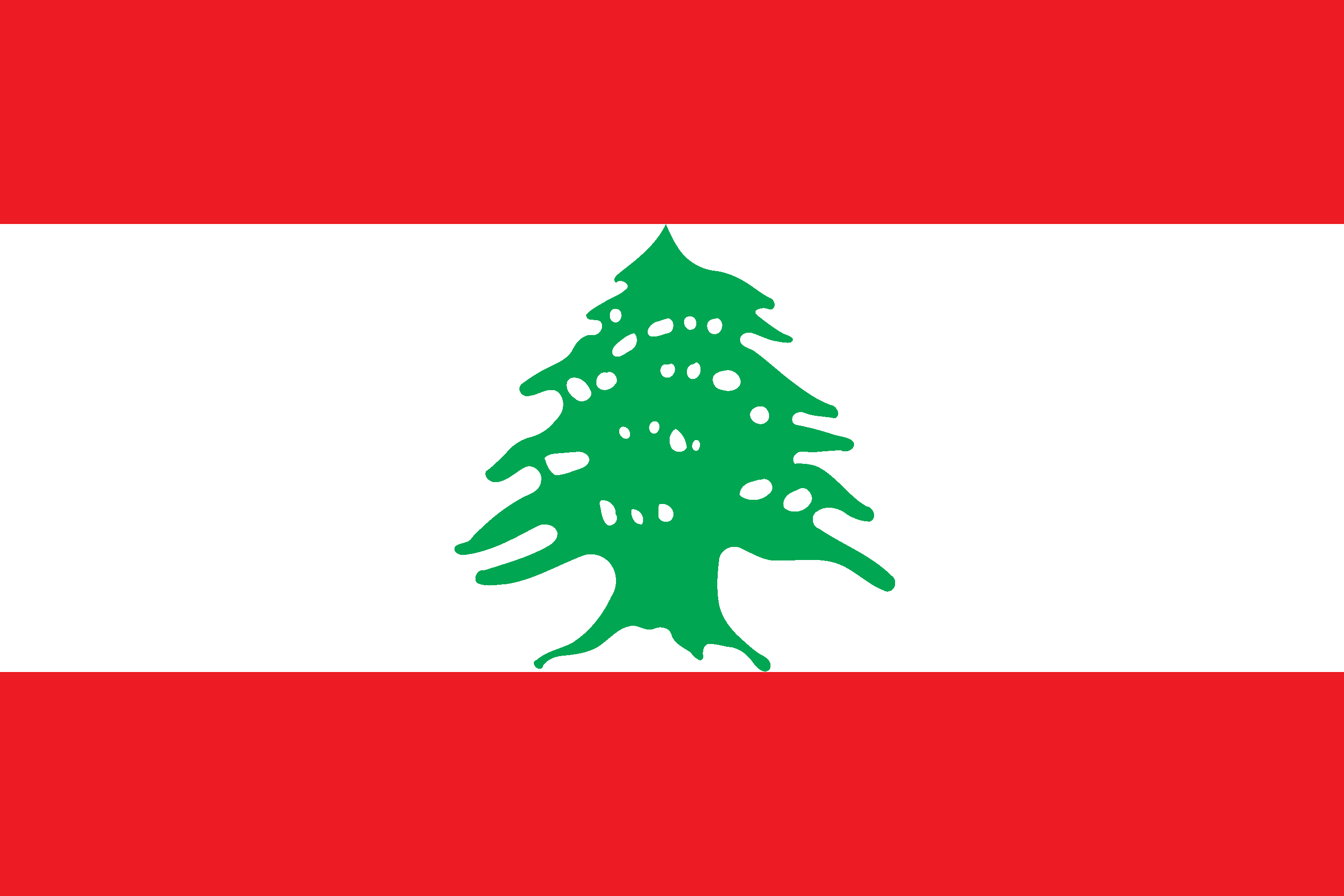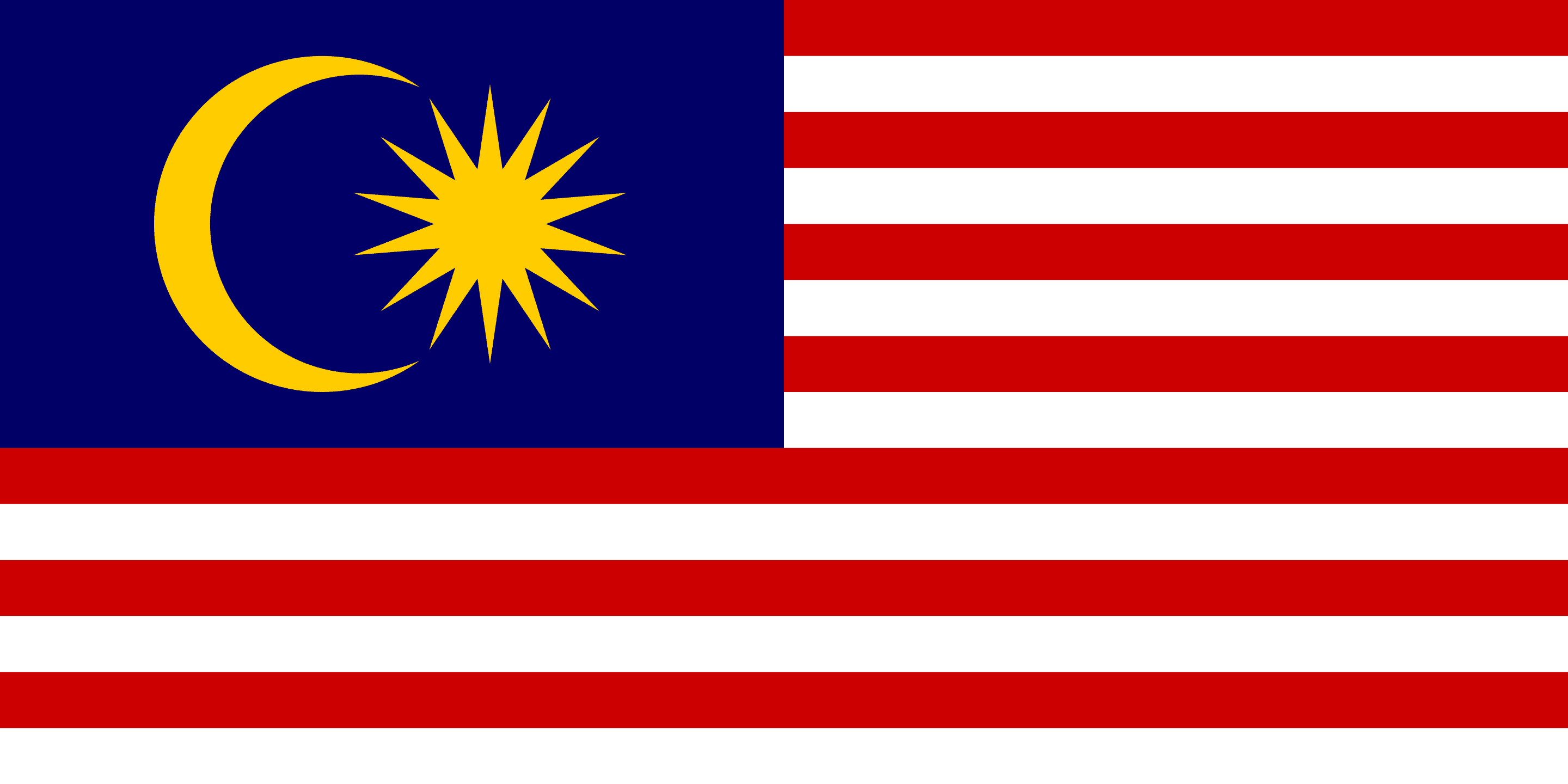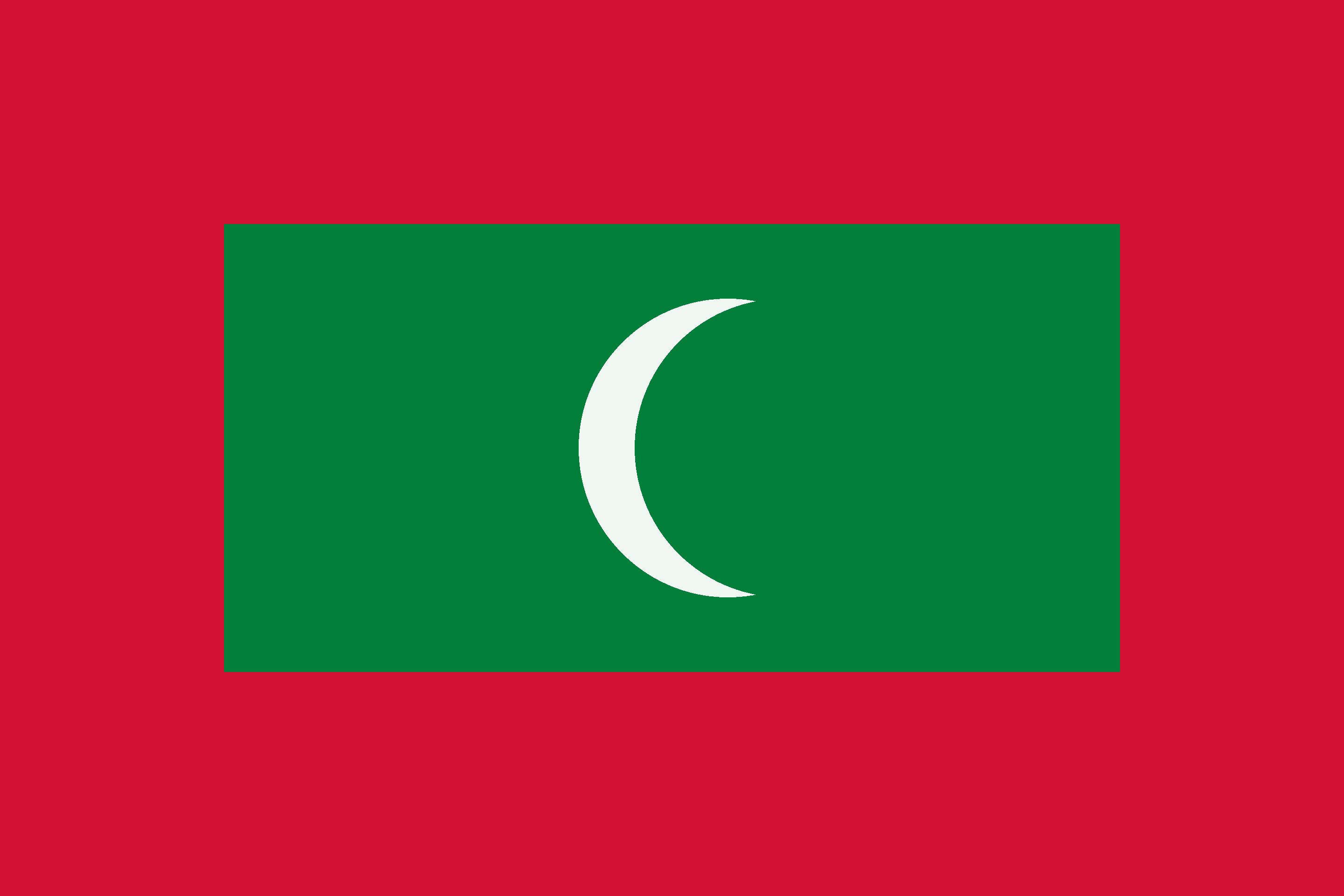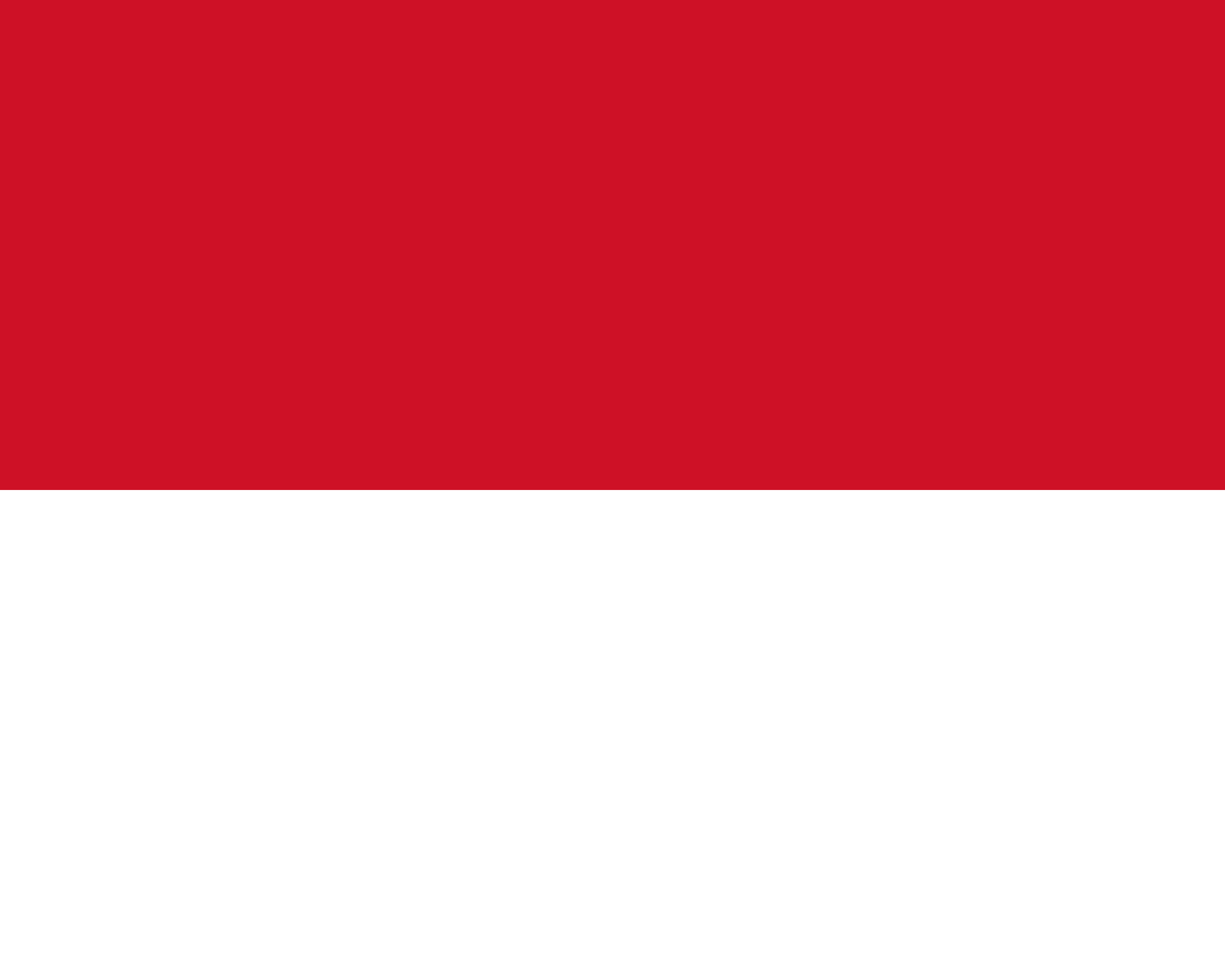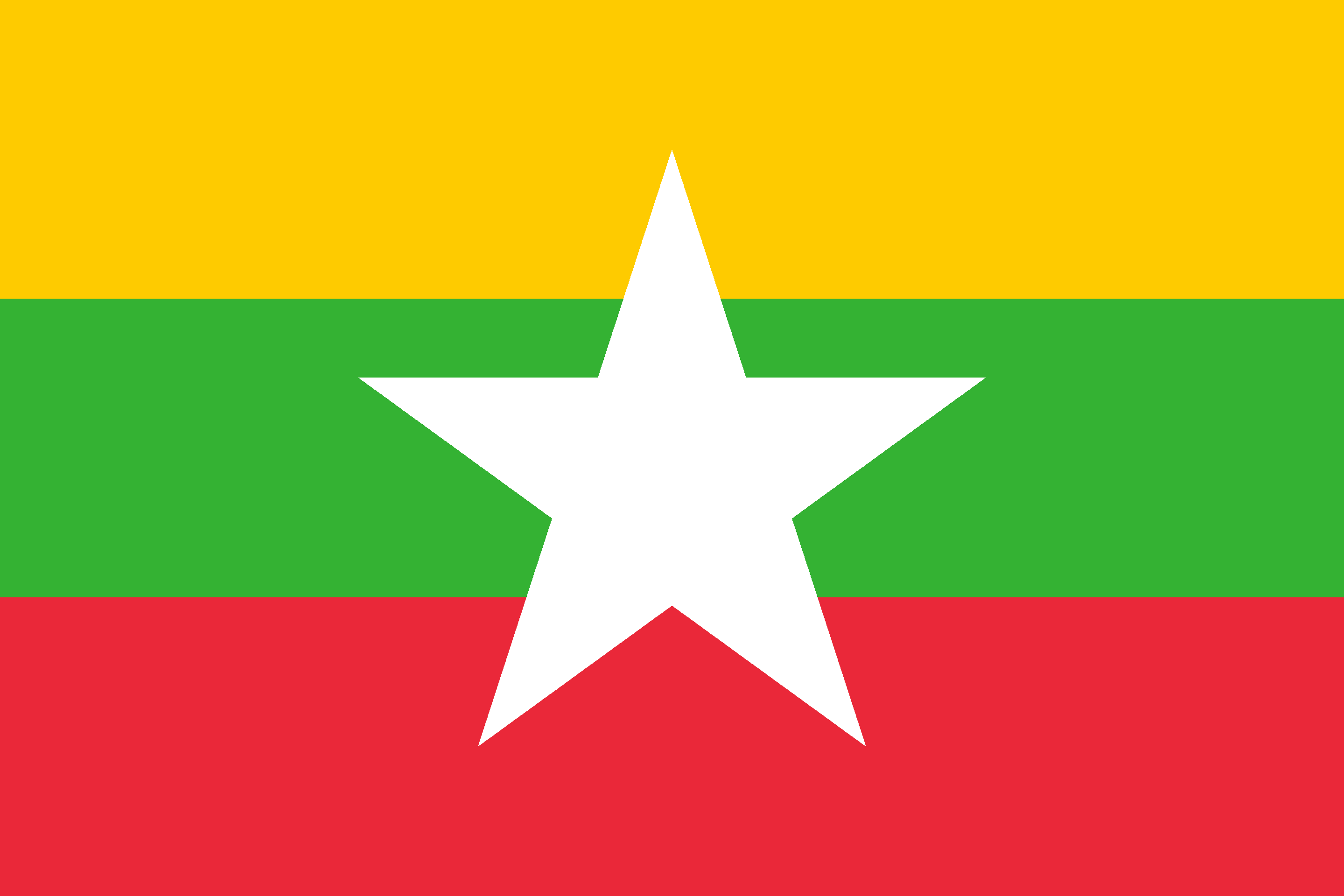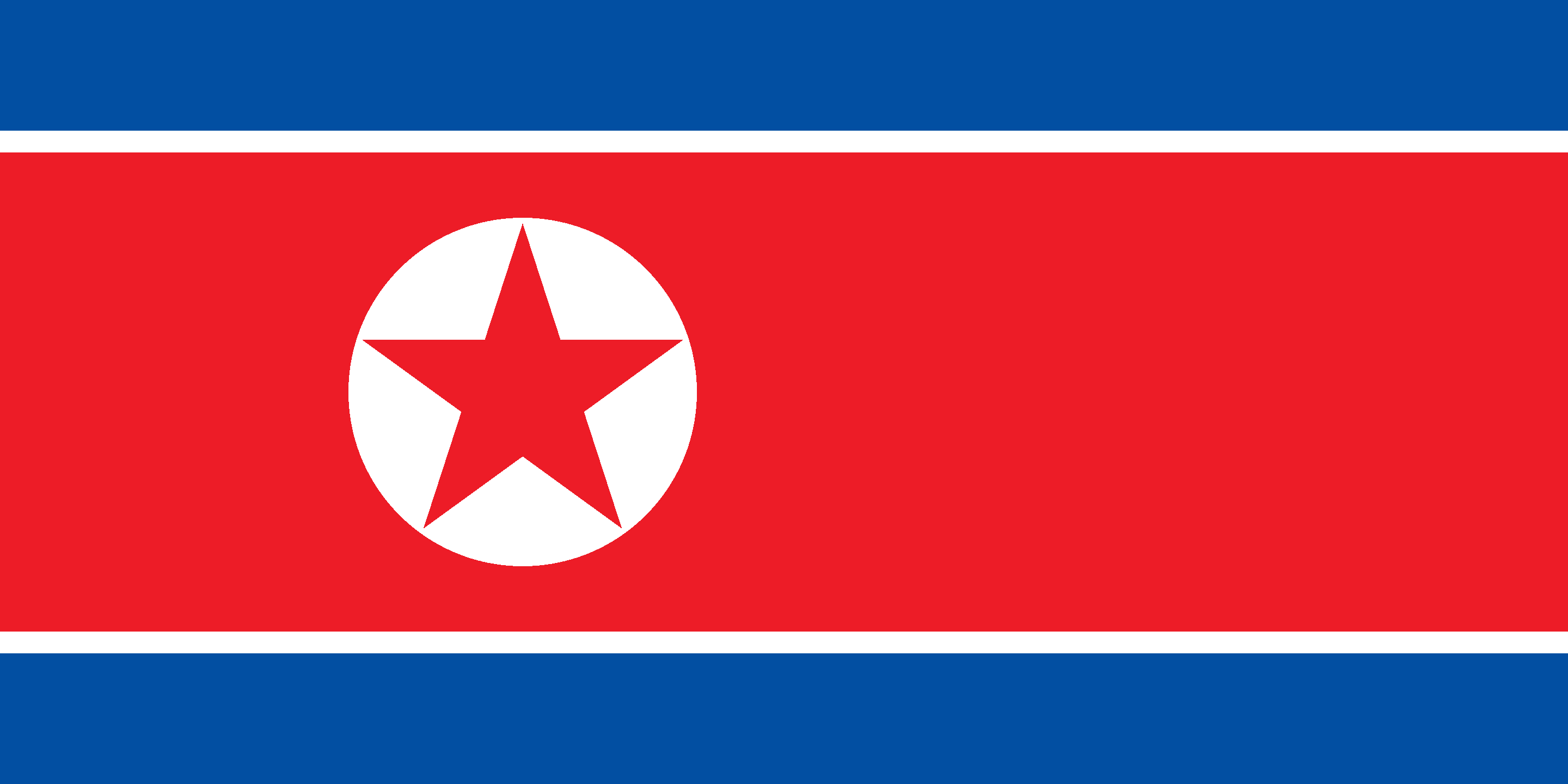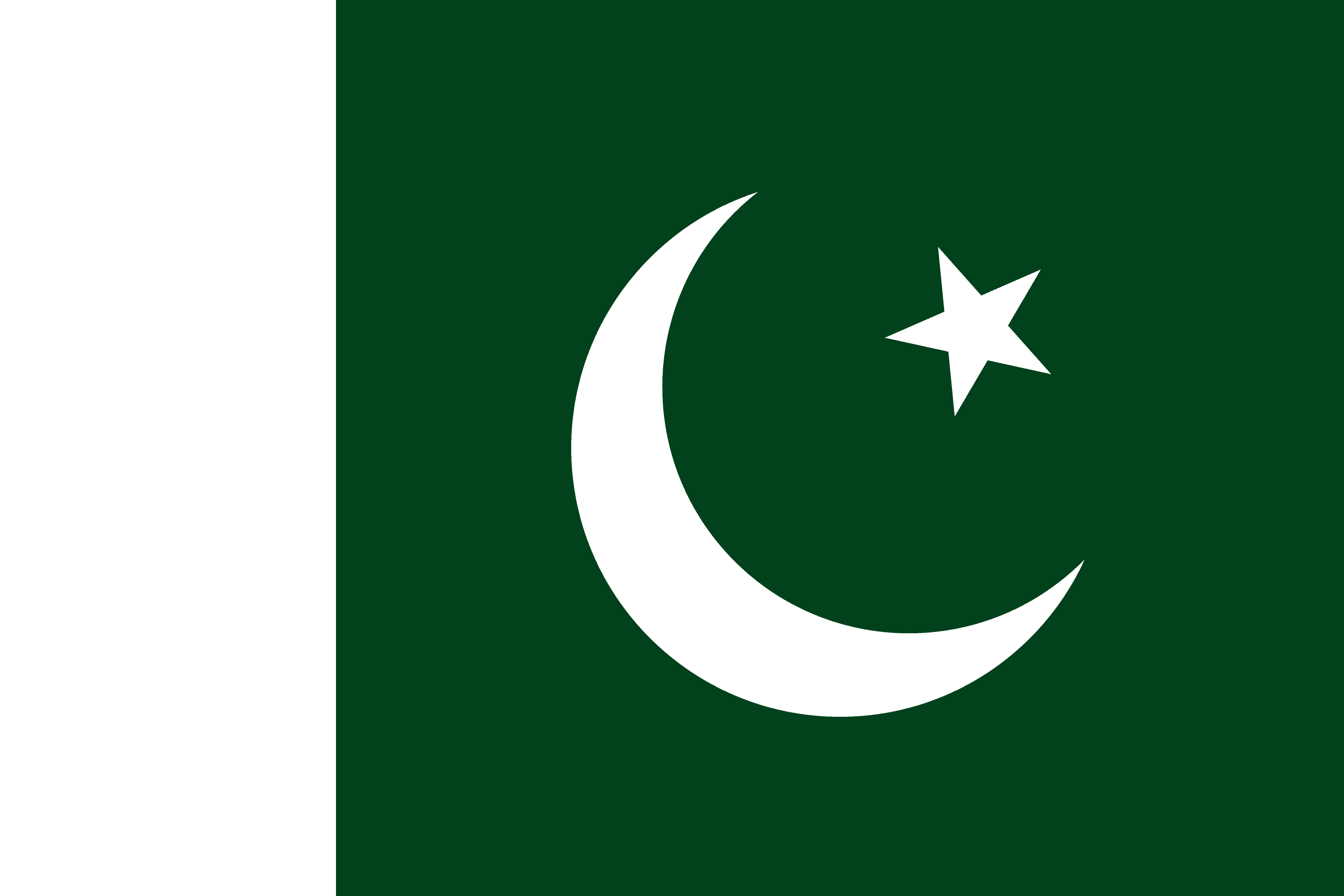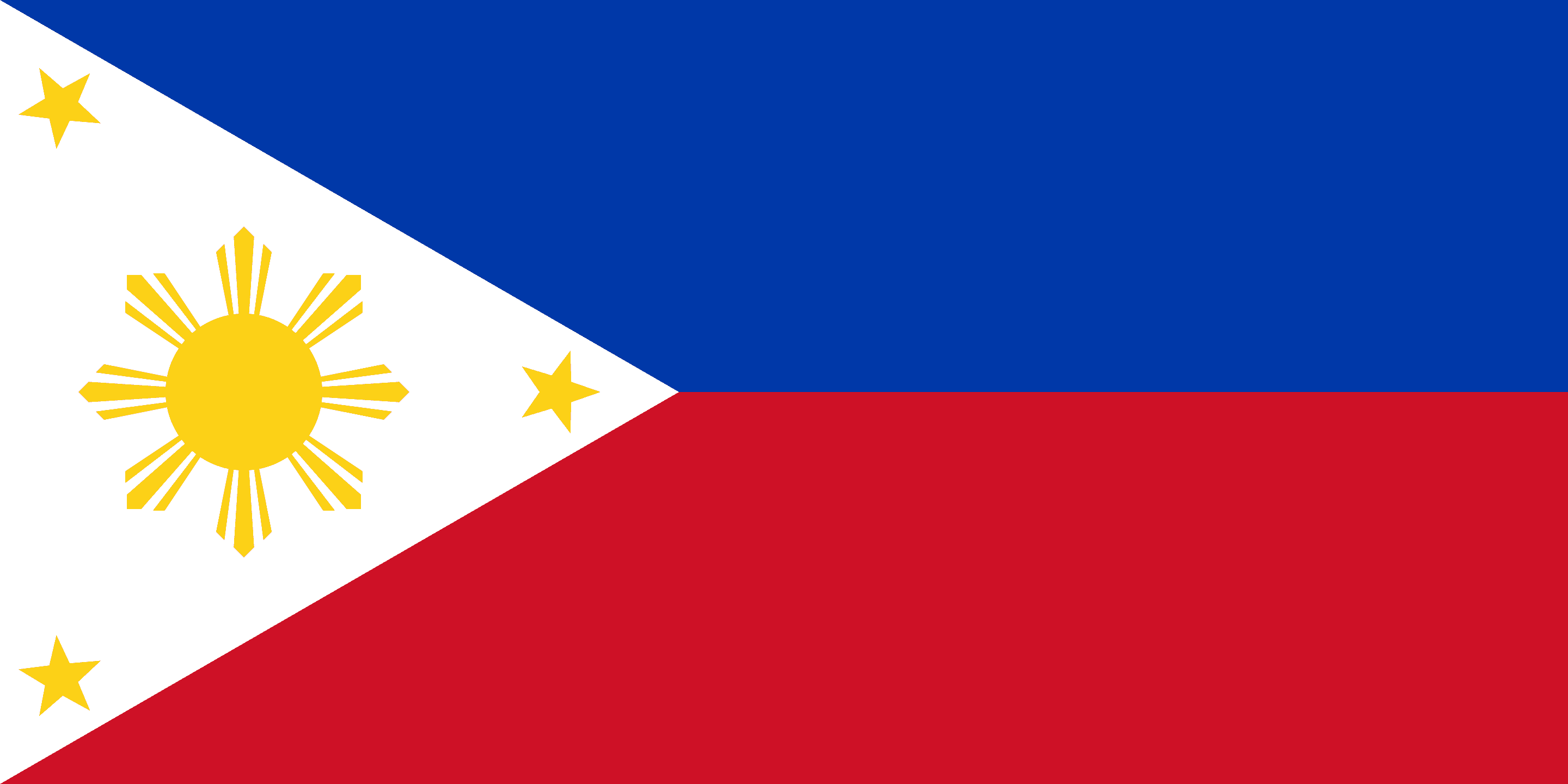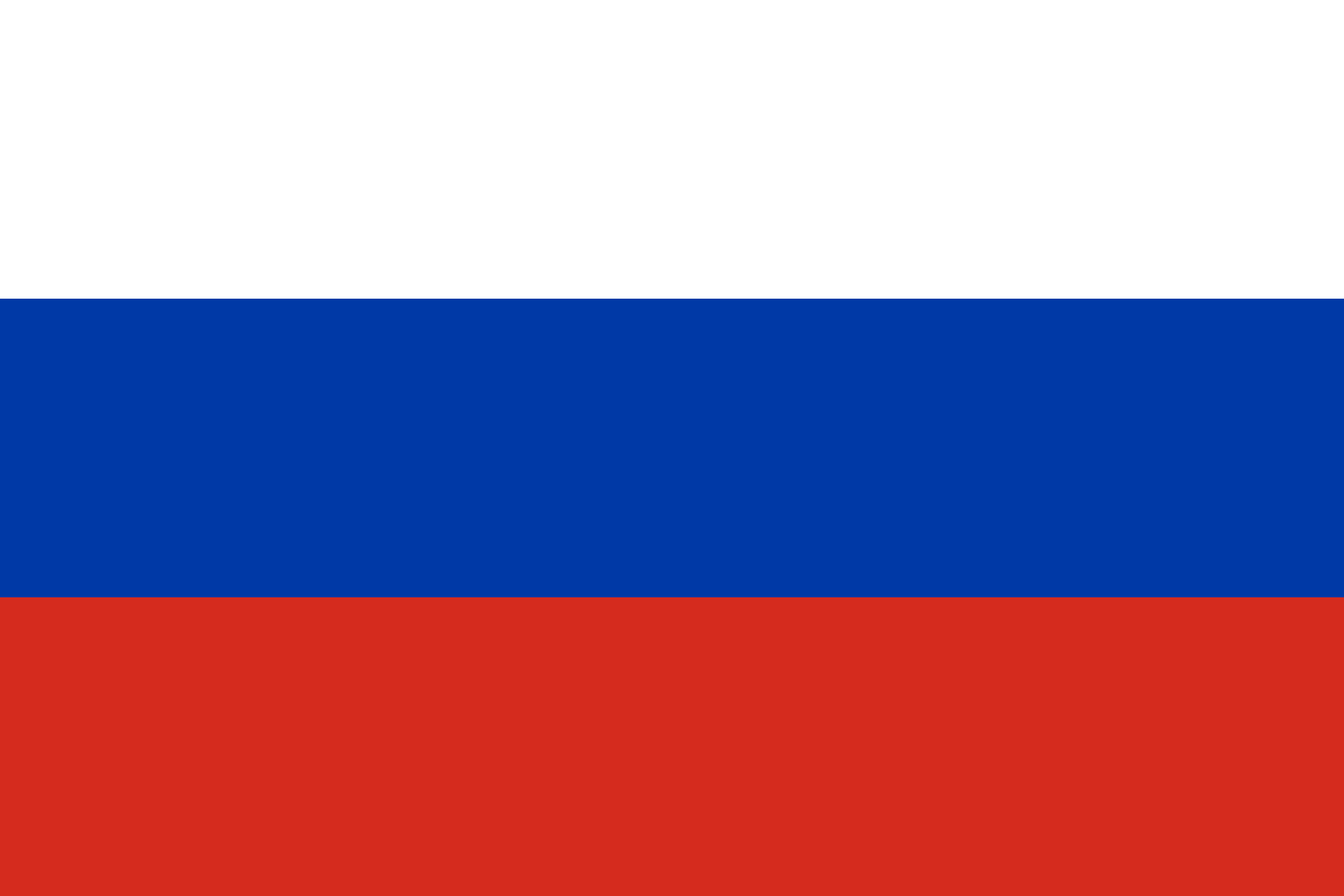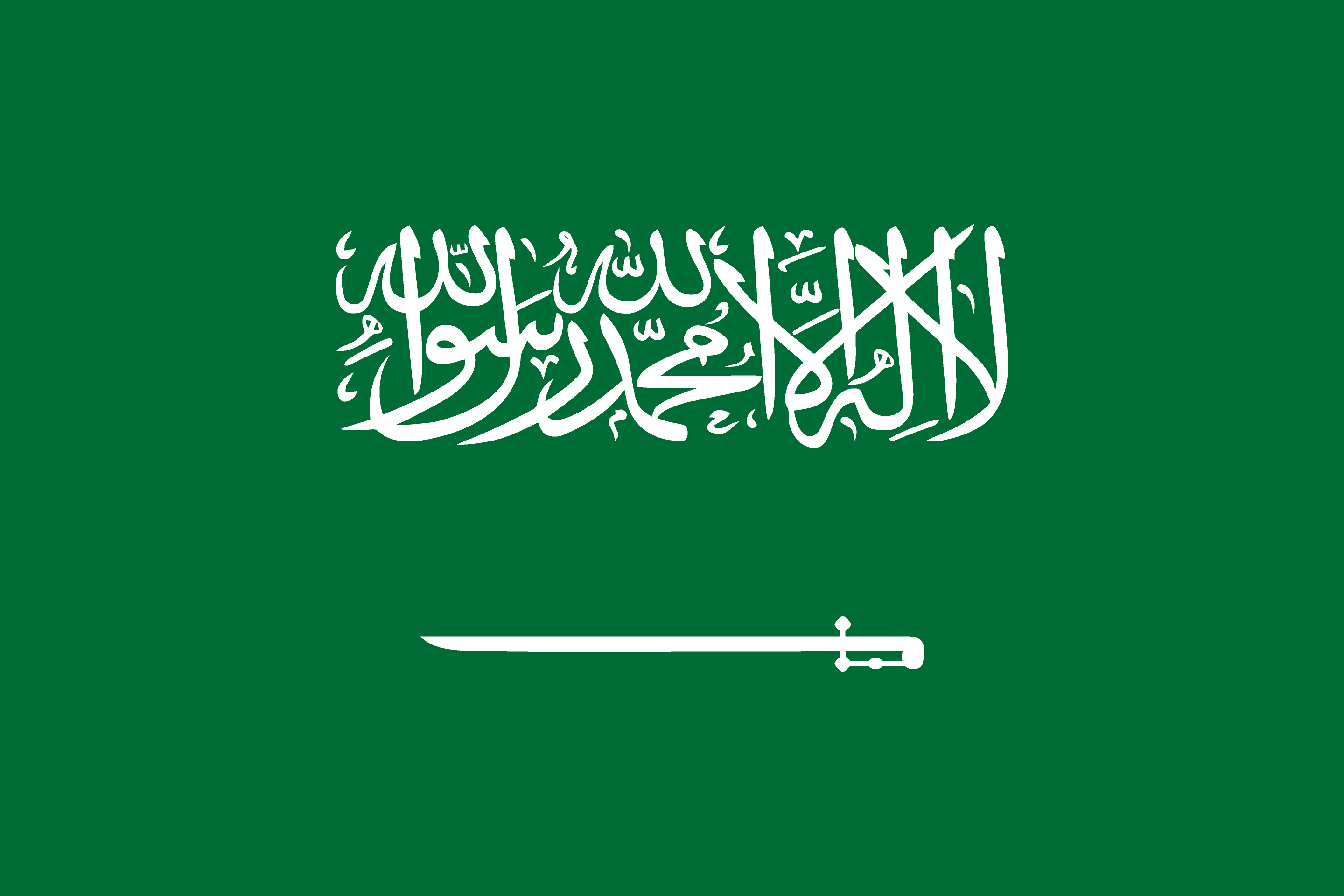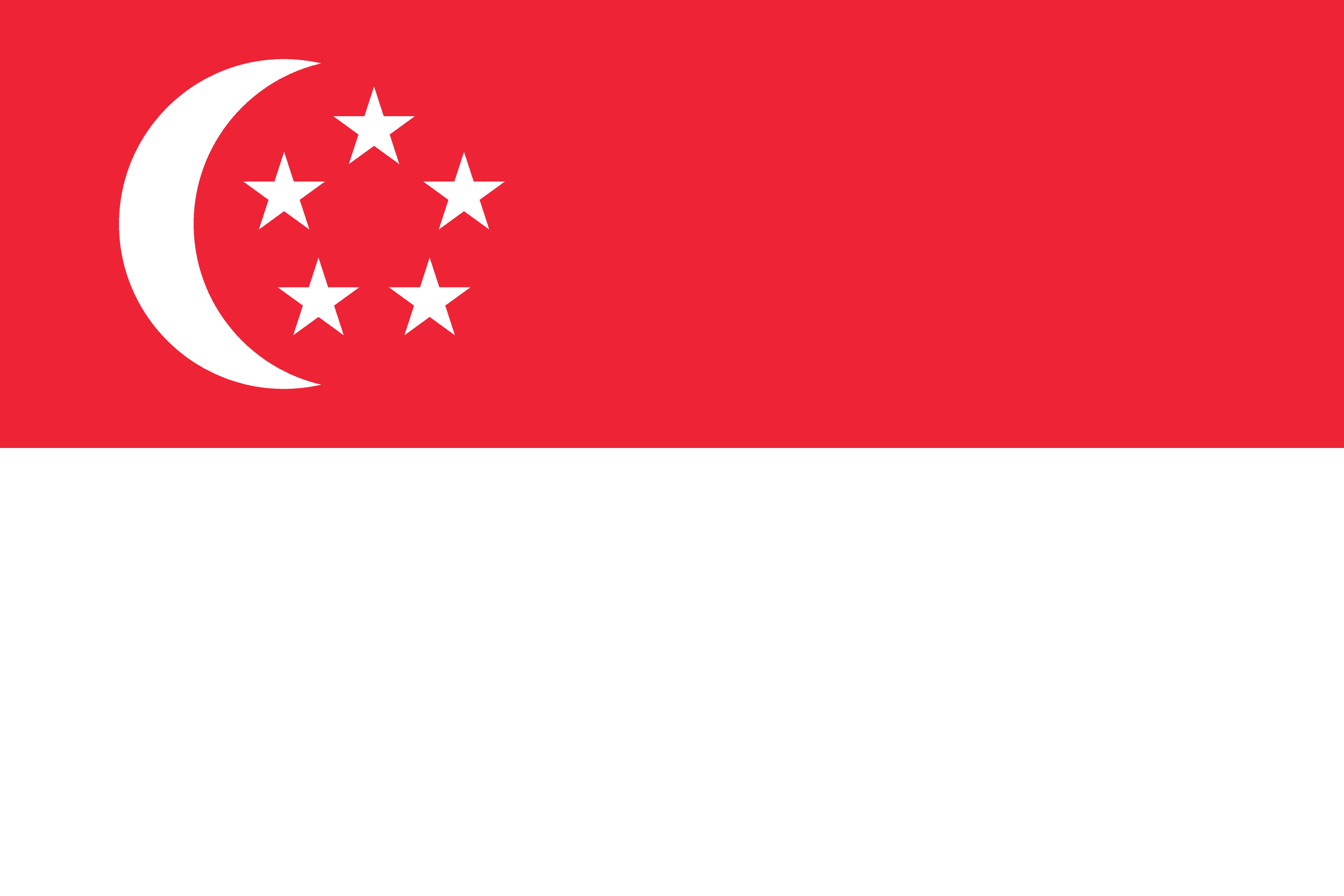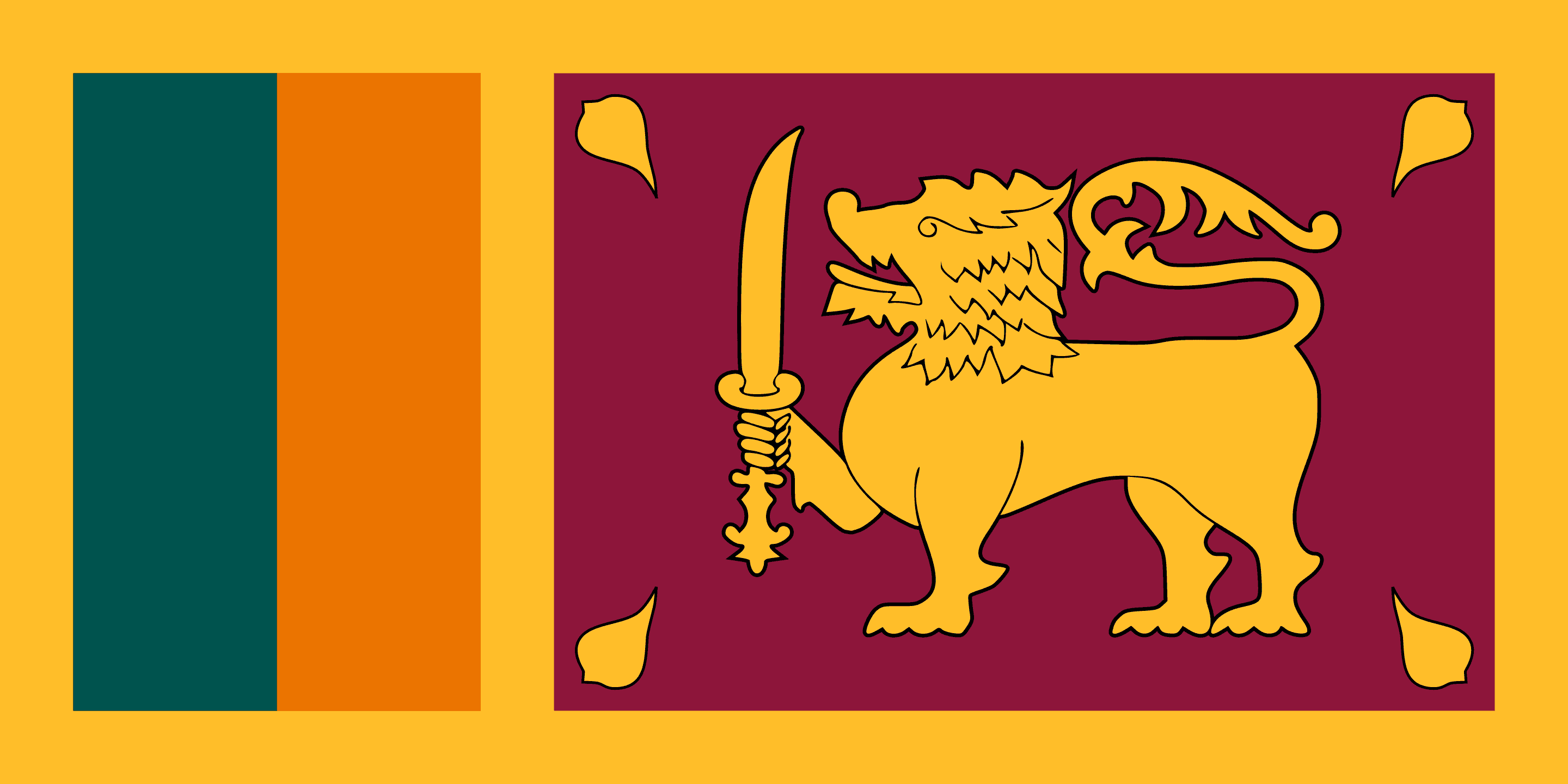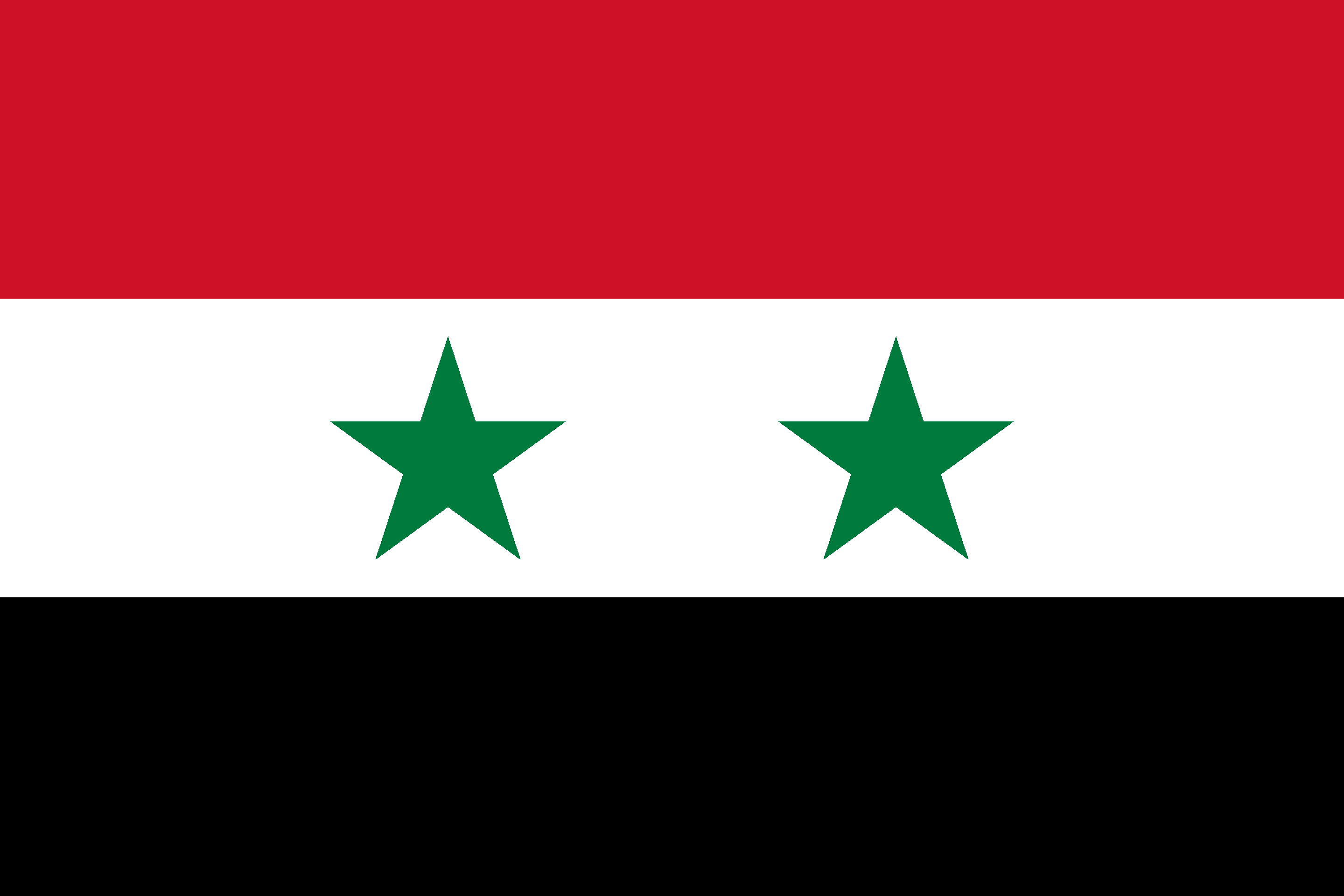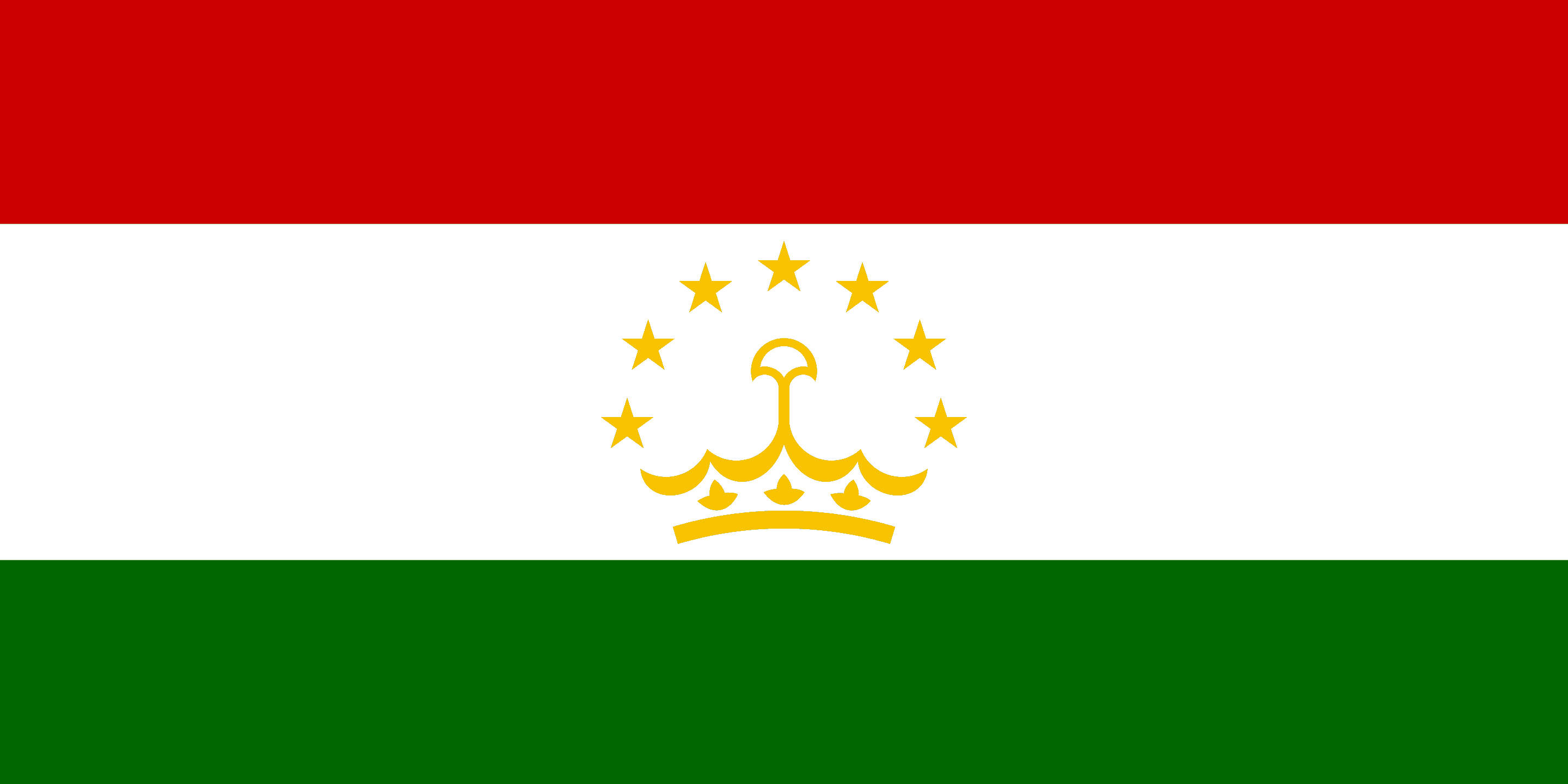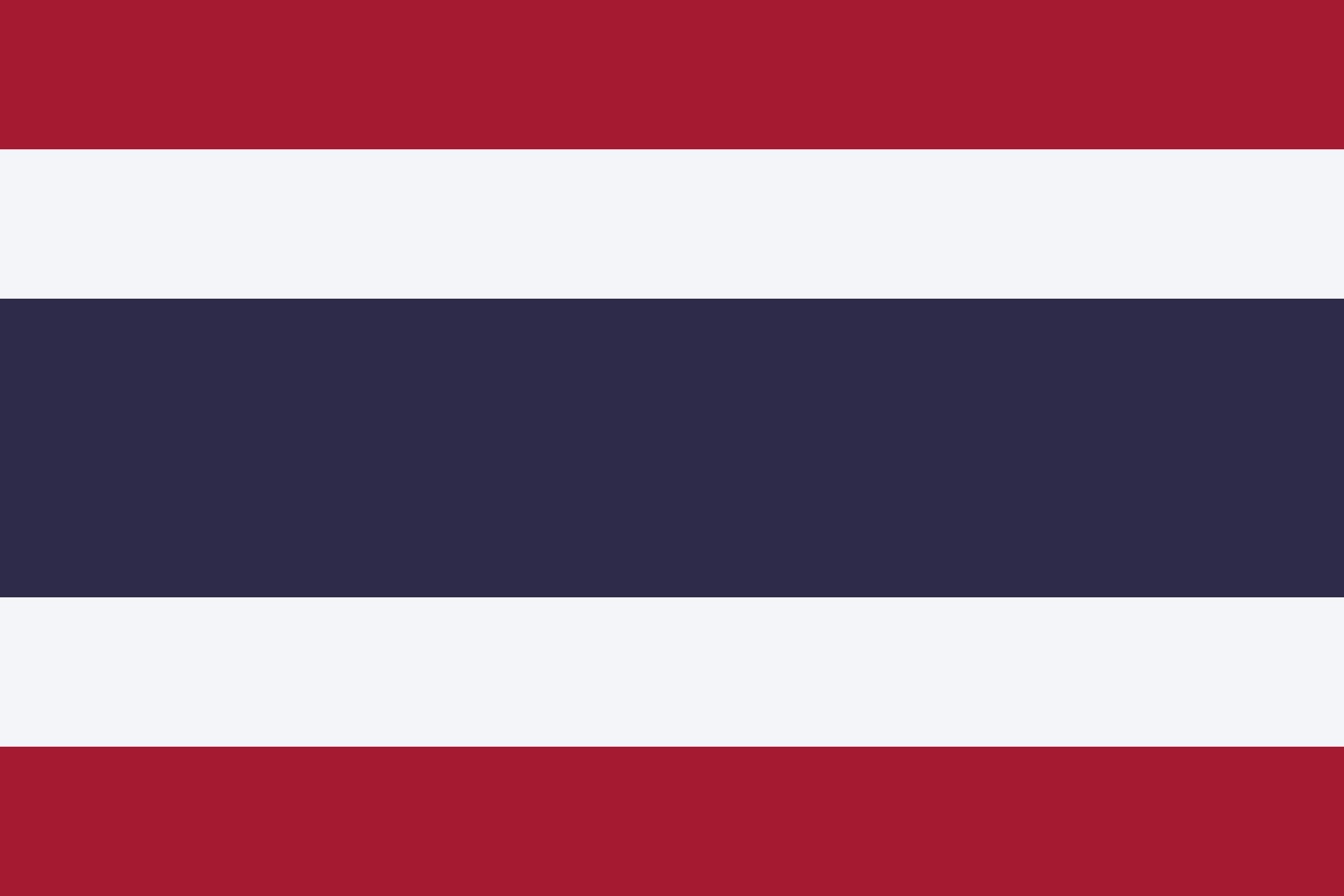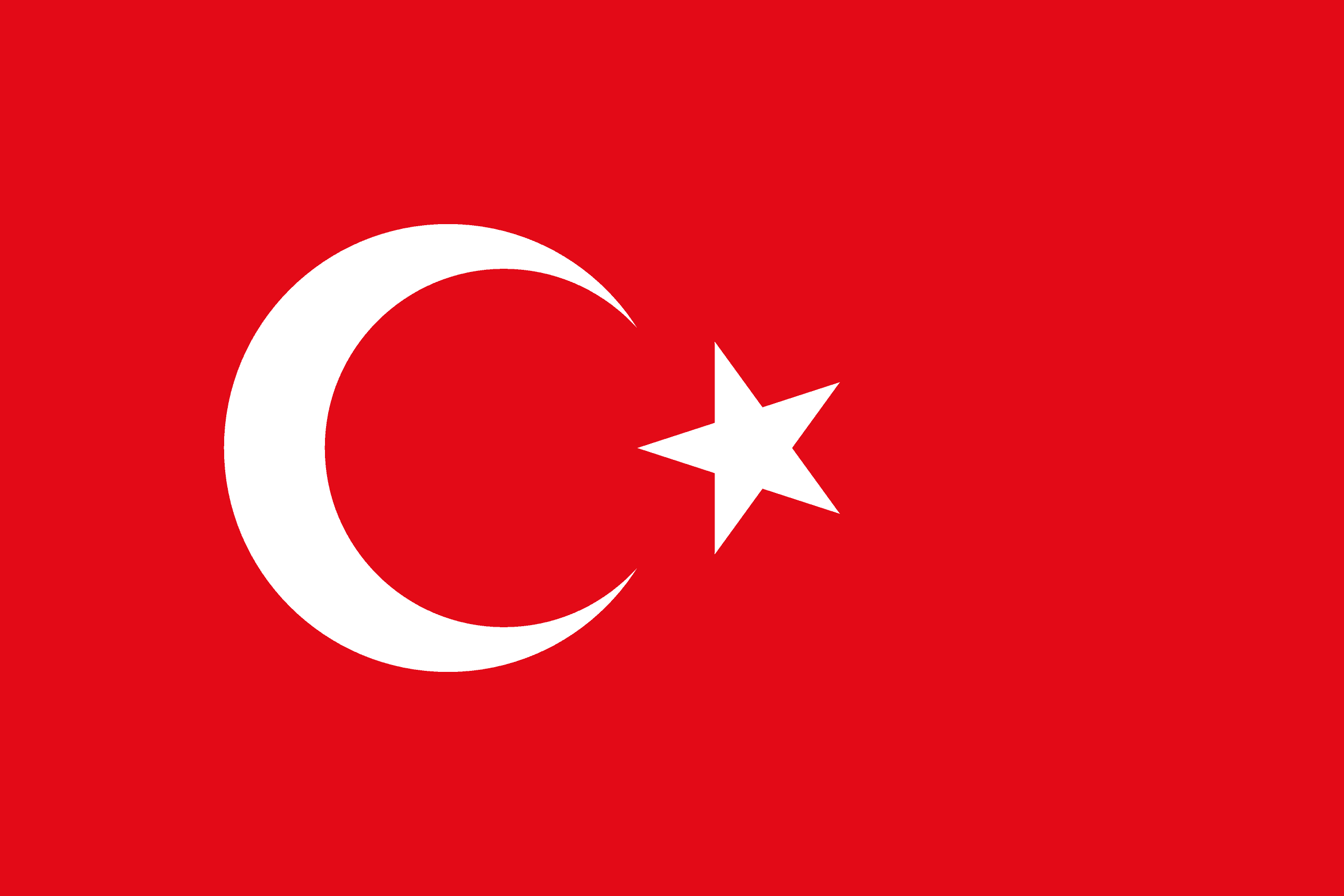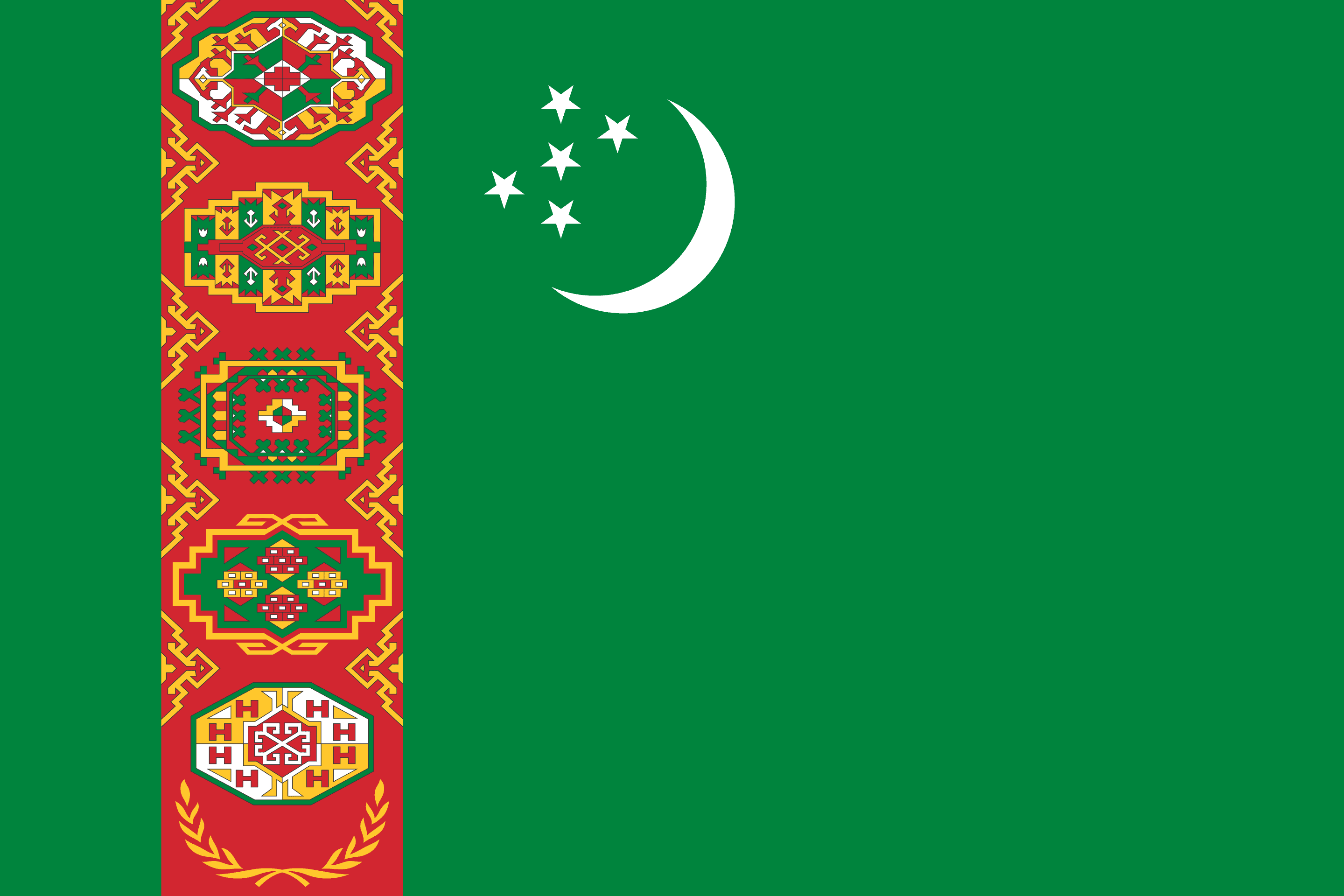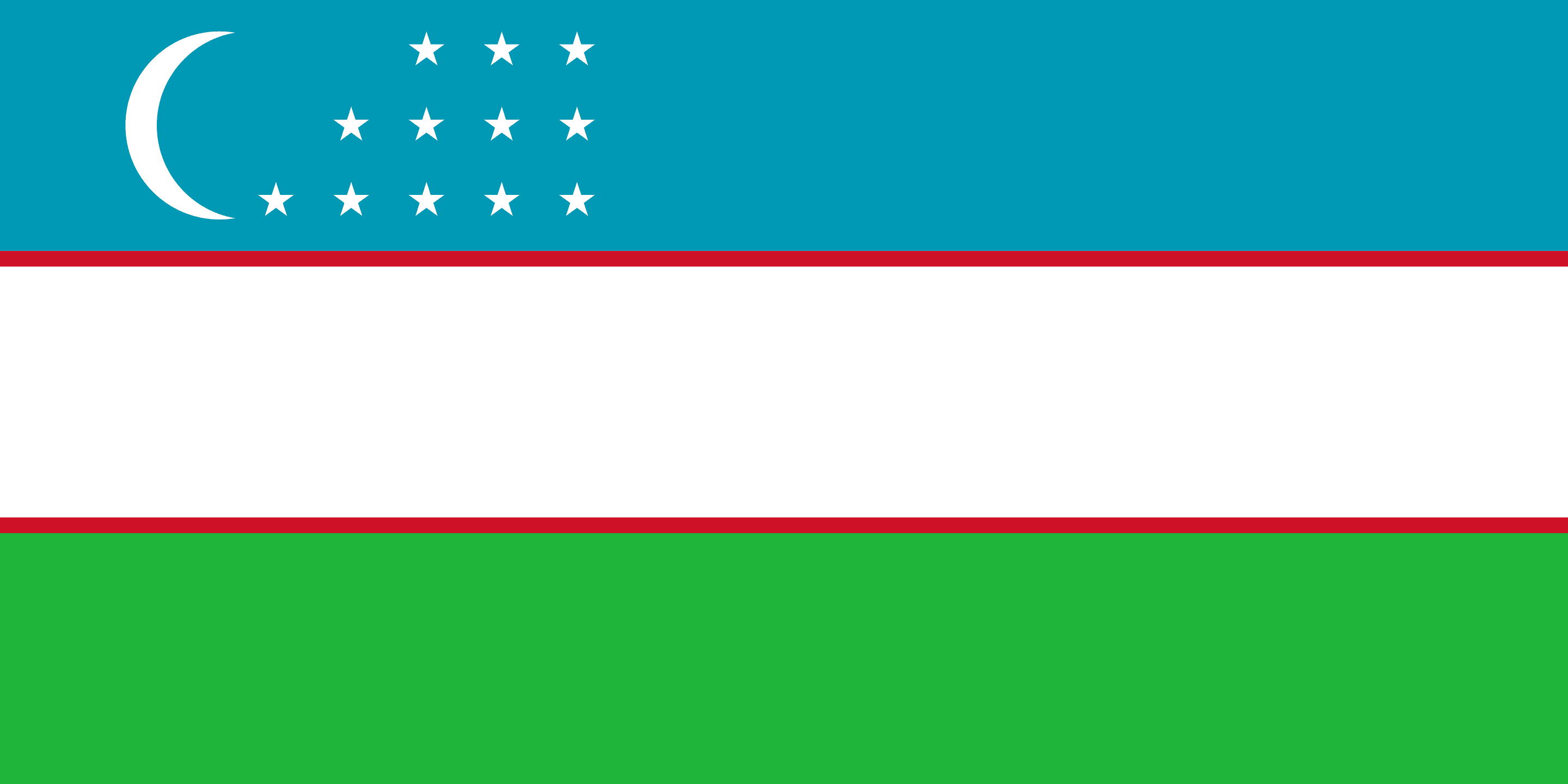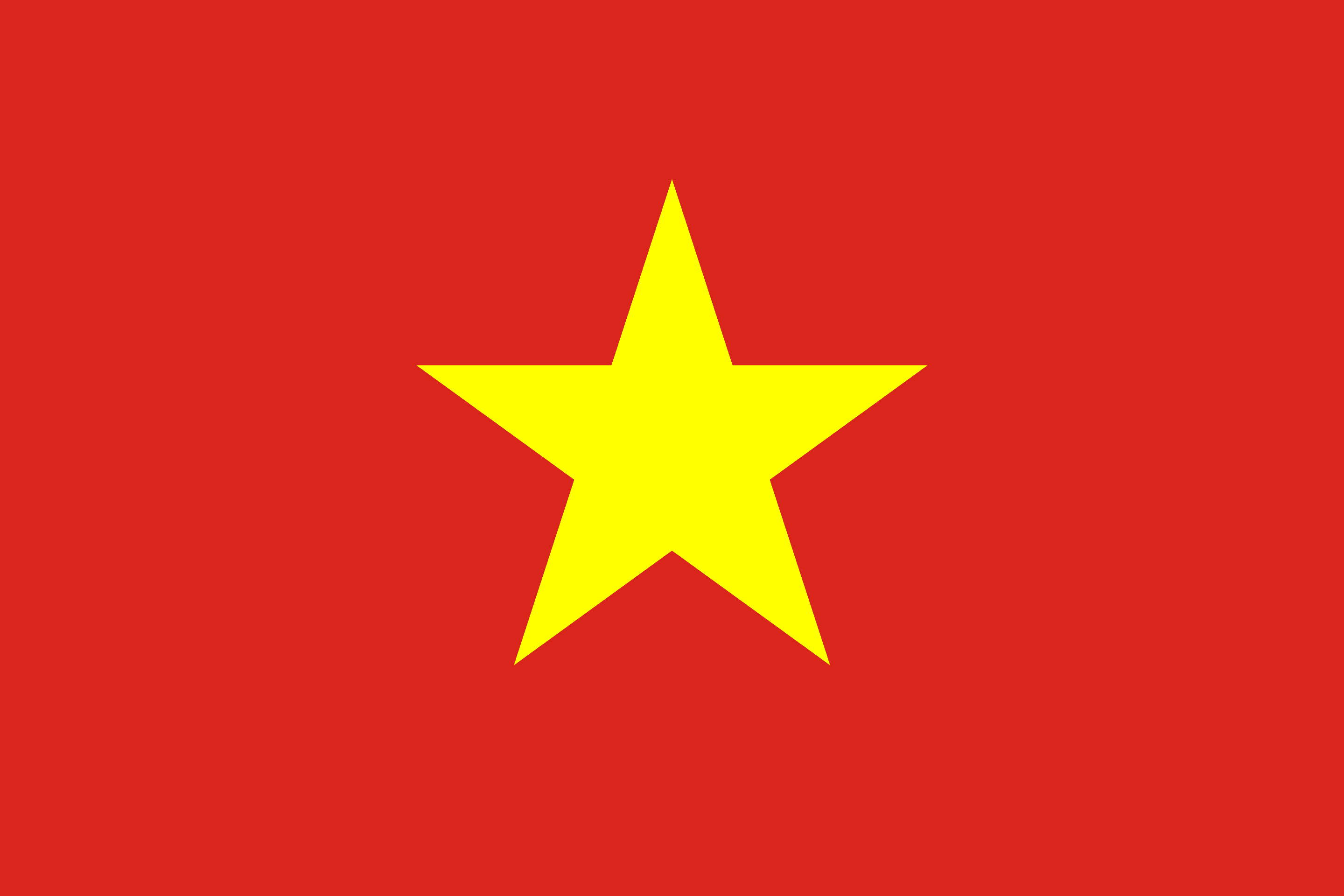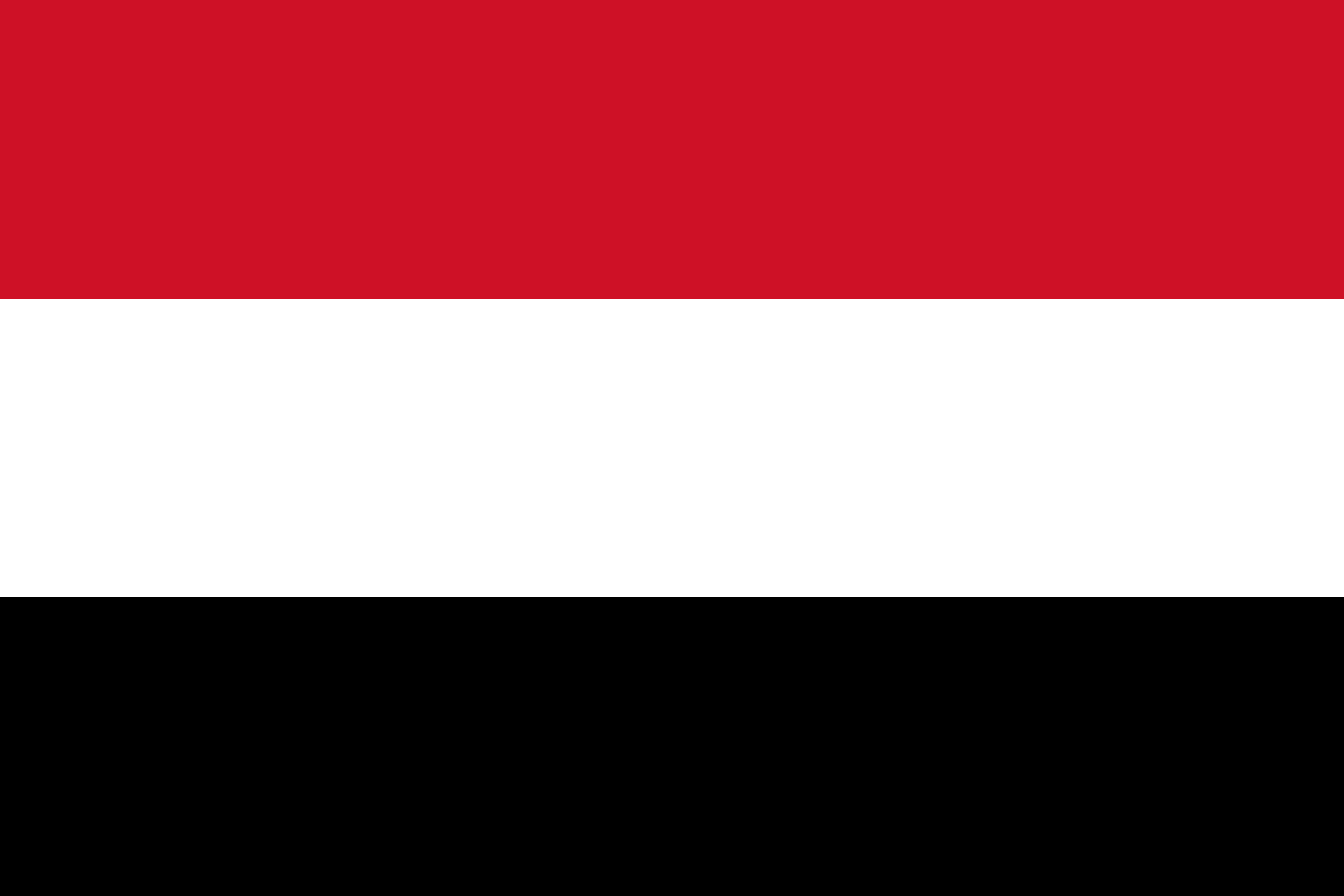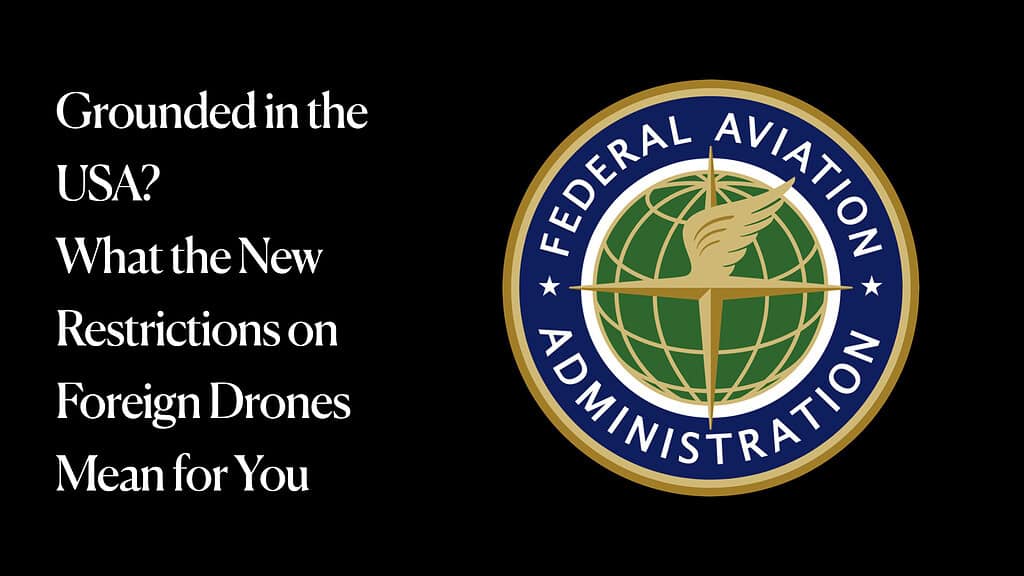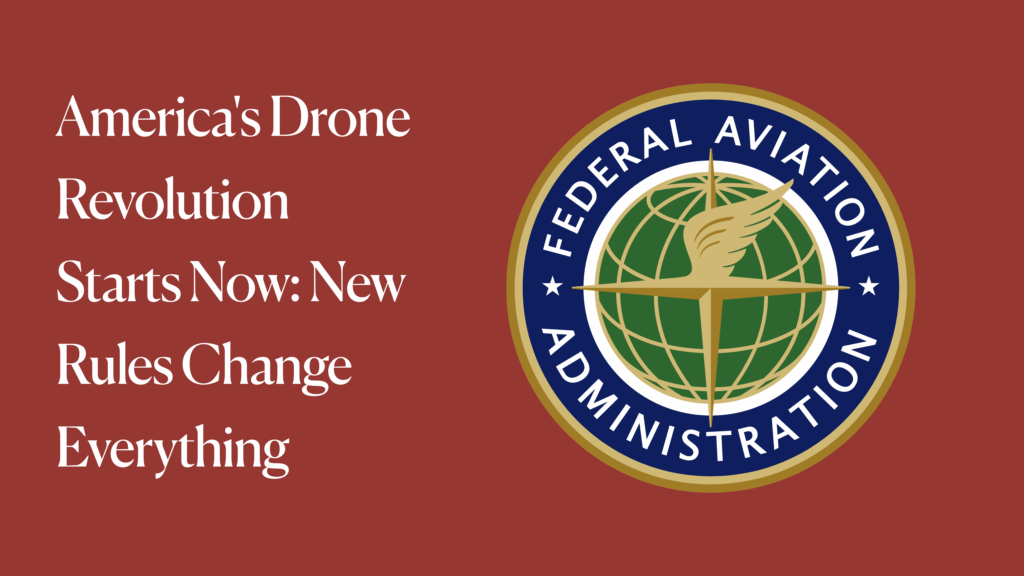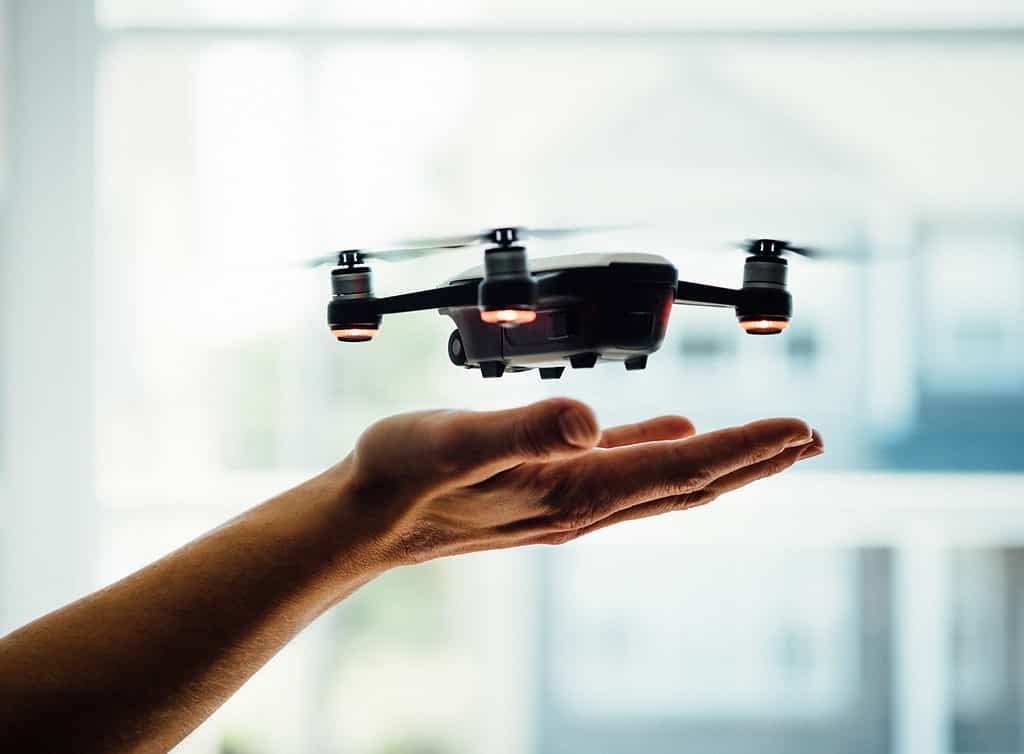If you are flying drones in Asia, then you need to know the drone rules. On this page we list the drone laws in Asian Countries: Each Asian Country is listed showing a summary of drone regulation by country – Follow links to the desired Country Drone Regulations where you will find Official links and Drone Laws explained for residents and visitors, hobbyists, recreational, commercial and government drone flyers.
NOTE: Countries are grouped into Continents using Wikipedia List of countries by continents. Some countries may be listed on multiple continents.
-
Afghanistan Drone Laws
Drone use is allowed in Afghanistan according to CAA, however, regulations are not mature and may be subject to local interpretation. Official links and Afghanistan Drone Laws explained for residents and visitors, hobbyists, recreational, commercial and government drone flyers.
-
Armenia Drone Laws
Drone operations are allowed in Armenia subject to GDCA regulations. Official links and Armenia Drone Laws explained for residents and visitors, hobbyists, recreational, commercial and government drone flyers.
-
Azerbaijan Drone Laws
Drones are restricted for private drone pilots but allowed for commercial use in Azerbaijan, subject to CAA regulations. Official links and Axerbaijan Drone Laws explained for residents and visitors, hobbyists, recreational, commercial and government drone flyers.
-
Bahrain Drone Laws
Drone operations are allowed in Bahrain subject to BCAA regulations. Official links and Bahrain Drone Laws explained for residents and visitors, hobbyists, recreational, commercial and government drone flyers.
-
Bangladesh Drone Laws
Drone use is allowed in Bangladesh, subject to CAAB regulations. Official links and Bangladesh Drone Laws explained for residents and visitors, hobbyists, recreational, commercial and government drone flyers.
-
Bhutan Drone Laws
Drone operations are limited to government use in Bhutan subject to regulations provided by the BCAA. Official links and Bhutan Drone Laws explained for residents and visitors, hobbyists, recreational, commercial and government drone flyers.
-
Brunei Drone Laws
Drone operations are allowed in Brunei, subject to DCA regulations. Official links and Brunei Drone Laws explained for residents and visitors, hobbyists, recreational, commercial and government drone flyers.
-
Cambodia Drone Laws
Drone operations are not regulated in Cambodia according to SCCA. Use the ICAO’s recommendations. Official links and Cambodia Drone Laws explained for residents and visitors, hobbyists, recreational, commercial and government drone flyers.
-
China Drone Laws
Drone use is allowed in China, subject to CAAC regulations. Official links and China Drone Laws explained for residents and visitors, hobbyists, recreational, commercial and government drone flyers.
-
Egypt Drone Laws
According to ECAA, drone operations are technically legal in Egypt subject to ECAA regulations. Obtaining consent is very difficult. Official links and Egypt Drone Laws explained for residents and visitors, hobbyists, recreational, commercial and government drone flyers.
-
Georgia Drone Laws (Country)
Drone use is allowed in Georgia, subject to GCAA regulations. Official links and the country of Georgia Drone Laws explained for residents and visitors, hobbyists, recreational, commercial and government drone flyers.
-
India Drone Laws
Drone use is allowed in India, subject to DGCA regulations. Official links and India Drone Laws explained for residents and visitors, hobbyists, recreational, commercial and government drone flyers.
-
Indonesia Drone Laws
Drone use is allowed in Indonesia, subject to strict DGCA regulations. Official links and Indonesia Drone Laws explained for residents and visitors, hobbyists, recreational, commercial and government drone flyers.
-
Iran Drone Laws
Drone use is allowed in Iran, subject to strict CAOI regulations. Official links and Iran Drone Laws explained for residents and visitors, hobbyists, recreational, commercial and government drone flyers.
-
Iraq Drone Laws
According to ICAA, Drone operations are not regulated in Iraq. Use the ICAO’s recommendations. Official links and Iraq Drone Laws explained for residents and visitors, hobbyists, recreational, commercial and government drone flyers.
-
Israel Drone Laws
Drone use is allowed in Israel, subject to very strict CAAI regulations. Official links and Israel Drone Laws explained for residents and visitors, hobbyists, recreational, commercial and government drone flyers.
-
Japan Drone Laws
Drone use is allowed in Japan, subject to strict JCAB regulations. Official links and Japan Drone Laws explained for residents and visitors, hobbyists, recreational, commercial and government drone flyers.
-
Jordan Drone Laws
Drone use is allowed in Jordan, subject to CARC regulations. Official links and Jordan Drone Laws explained for residents and visitors, hobbyists, recreational, commercial and government drone flyers.
-
Kazakhstan Drone Laws
Drone use is allowed in Kazakhstan, subject to CAC regulations. Official links and Kazakhstan Drone Laws explained for residents and visitors, hobbyists, recreational, commercial and government drone flyers.
-
Kuwait Drone Laws
Drone use is allowed in Kuwait, subject to strict DGCA regulations. Official links and Kuwait Drone Laws explained for residents and visitors, hobbyists, recreational, commercial and government drone flyers.
-
Kyrgyzstan Drone Laws
According to CAA, Drone operations are not regulated in Kyrgyzstan. Use the ICAO’s recommendations. Official links and Kyrgyzstan Drone Laws explained for residents and visitors, hobbyists, recreational, commercial and government drone flyers.
-
Laos Drone Laws
Drone use is allowed in Laos, subject to DCA regulations. Official links and Laos Drone Laws explained for residents and visitors, hobbyists, recreational, commercial and government drone flyers.
-
Lebanon Drone Laws
Drone use is allowed in Lebanon, subject to very strict DGCA and Lebanese Army regulations. Official links and Lebanon Drone Laws explained for residents and visitors, hobbyists, recreational, commercial and government drone flyers.
-
Malaysia Drone Laws
Drones are allowed in Malaysia, subject to CAAM regulations. Official links and Malaysia Drone Laws explained for residents and visitors, hobbyists, recreational, commercial and government drone flyers.
-
Maldives Drone Laws
According to MCAA, drones are allowed on a case-by-case basis in the Maldives, subject to strict MCAA regulations. Official links and Maldives Drone Laws explained for residents and visitors, hobbyists, recreational, commercial and government drone flyers.
-
Mongolia Drone Laws
Drone operations are allowed in Mongolia subject to CAAM regulations. Official links and Mongolia Drone Laws explained for residents and visitors, hobbyists, recreational, commercial and government drone flyers.
-
Myanmar Drone Laws
Drones are allowed in Myanmar, subject to MDCA regulations. Official links and Myanmar Drone Laws explained for residents and visitors, hobbyists, recreational, commercial and government drone flyers.
-
Nepal Drone Laws
Drones are allowed in Nepal, subject to CAAN regulations. Official links and Nepal Drone Laws explained for residents and visitors, hobbyists, recreational, commercial and government drone flyers.
-
North Korea Drone Laws
According to GACA, drone operations in North Korea are strictly limited to governmental agencies and require GACA authorization. Official links and North Korea Drone Laws explained for residents and visitors, hobbyists, recreational, commercial and government drone flyers.
-
Pakistan Drone Laws
Drones are allowed in Pakistan, subject to PCAA regulations. Official links and Pakistan Drone Laws explained for residents and visitors, hobbyists, recreational, commercial and government drone flyers.
-
Philippines Drone Laws
Drones are allowed in the Philippines, subject to CAAP regulations. Official links and Philippines Drone Laws explained for residents and visitors, hobbyists, recreational, commercial and government drone flyers.
-
Qatar Drone Laws
Drone use is prohibited in Qatar without prior permission by CAA and is subject to strict regulations. Official links and Qatar Drone Laws explained for residents and visitors, hobbyists, recreational, commercial and government drone flyers.
-
Russia Drone Laws
Drones are allowed in Russia, subject to FATA regulations. Official links and Russia Drone Laws explained for residents and visitors, hobbyists, recreational, commercial and government drone flyers.
-
Saudi Arabia Drone Laws
According to the GACA, flying drones is legal in Saudi Arabia, but certain regulations must be strictly followed. Official links and Saudi Arabia Drone Laws explained for residents and visitors, hobbyists, recreational, commercial and government drone flyers.
-
Singapore Drone Laws
According to the CAAS, flying drones is legal in Singapore, but certain regulations must be strictly followed. Read on for more details.
-
South Korea Drone Laws
According to the KOCA, flying drones is legal in South Korea, but certain regulations must be strictly followed. Official links and South Korea Drone Laws explained for residents and visitors, hobbyists, recreational, commercial and government drone flyers.
-
Sri Lanka Drone Laws
According to the CAASL, flying drones is legal in Sri Lanka, but certain regulations must be strictly followed. Official links and Sri Lanka Drone Laws explained for residents and visitors, hobbyists, recreational, commercial and government drone flyers.
-
Sultanate of Oman Drone Laws
Drones are allowed in Oman, subject to CAA regulations. Official links and Sultanate of Oman Drone Laws explained for residents and visitors, hobbyists, recreational, commercial and government drone flyers.
-
Syria Drone Laws
According to SCAA, Drone operations are not regulated in Syria. Use the ICAO’s recommendations. Official links and Syria Drone Laws explained for residents and visitors, hobbyists, recreational, commercial and government drone flyers.
-
Taiwan Drone Laws
Drones are allowed in Taiwan, subject to CAA regulations. Official links and Taiwan Drone Laws explained for residents and visitors, hobbyists, recreational, commercial and government drone flyers.
-
Tajikistan Drone Laws
According to MTRT, Drone operations are not regulated in Tajikistan. Use the ICAO’s recommendations. Official links and Tajikistan Drone Laws explained for residents and visitors, hobbyists, recreational, commercial and government drone flyers.
-
Thailand Drone Laws
Drones are allowed in Thailand, subject to CAAT regulations. Official links and Thailand Drone Laws explained for residents and visitors, hobbyists, recreational, commercial and government drone flyers.
-
Timor-Leste Drone Laws
According to CAA, Drone operations are not regulated in Timor-Leste. Use the ICAO’s recommendations. ROfficial links and Timor-Leste Drone Laws explained for residents and visitors, hobbyists, recreational, commercial and government drone flyers.
-
Turkey Drone Laws
Drones are allowed in Turkey, subject to DGSAA regulations. Official links and Turkey Drone Laws explained for residents and visitors, hobbyists, recreational, commercial and government drone flyers.
-
Turkmenistan Drone Laws
According to AT, Drone operations are not regulated in Turkmenistan. Use the ICAO’s recommendations. Official links and Turkmenistan Drone Laws explained for residents and visitors, hobbyists, recreational, commercial and government drone flyers.
-
UAE Drone Laws
Drone use is allowed in UAE, subject to DCAA and GCAA regulations. Official links and UAE Drone Laws explained for residents and visitors, hobbyists, recreational, commercial and government drone flyers.
-
Uzbekistan Drone Laws
Drones are only allowed for governmental use in Uzbekistan. Aircraft models and toy models may be operated under less stringent rules. Official links and Uzbekistan Drone Laws explained for residents and visitors, hobbyists, recreational, commercial and government drone flyers.
-
Vietnam Drone Laws
Drones are allowed in Vietnam, subject to CAAV regulations. Official links and Vietnam Drone Laws explained for residents and visitors, hobbyists, recreational, commercial and government drone flyers.
-
Yemen Drone Laws
According to CAMA, Drone operations are not regulated in Yemen. Use the ICAO’s recommendations. Official links and Yemen Drone Laws explained for residents and visitors, hobbyists, recreational, commercial and government drone flyers.
